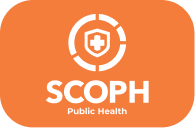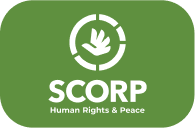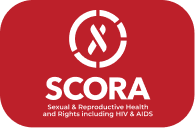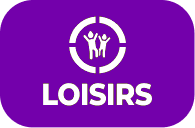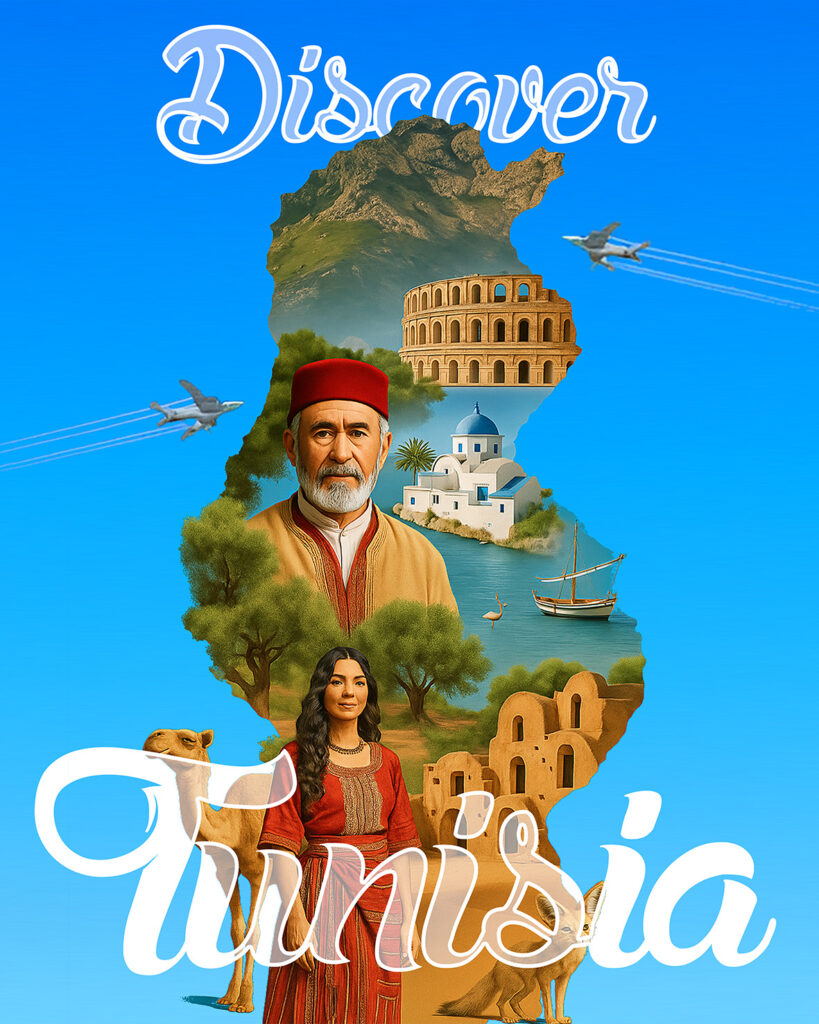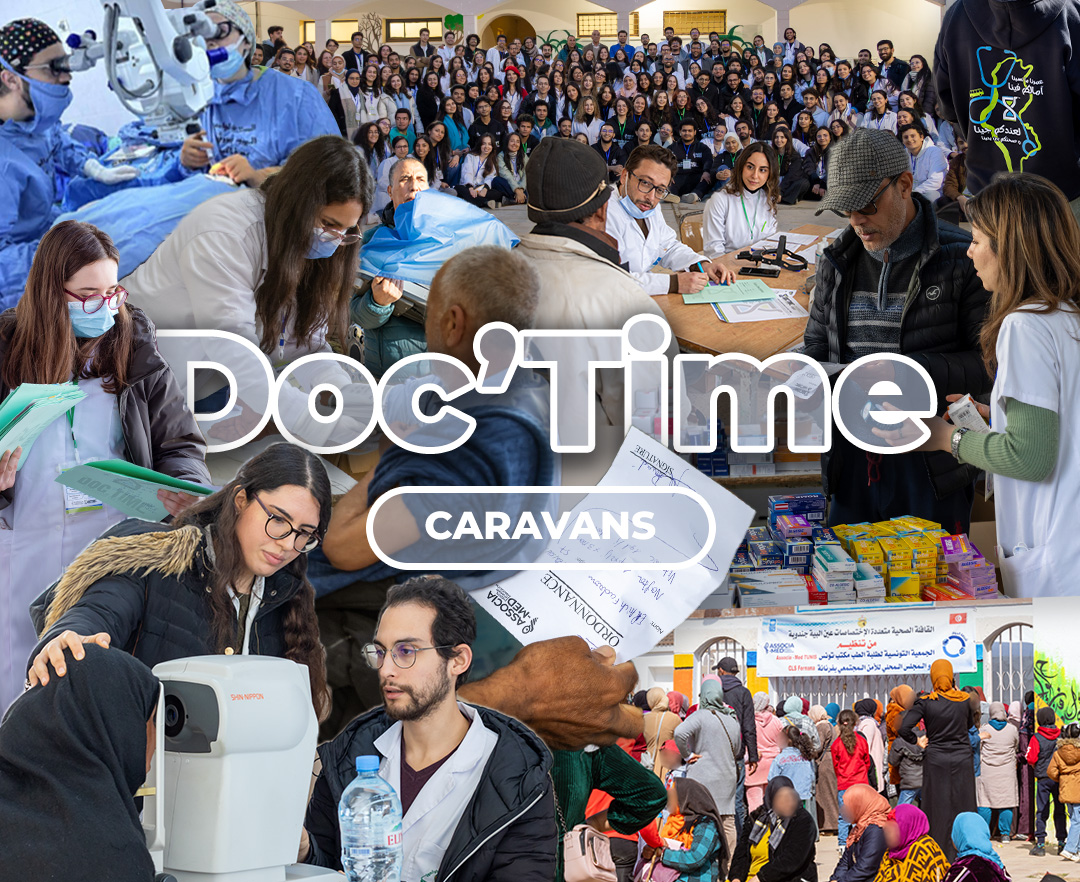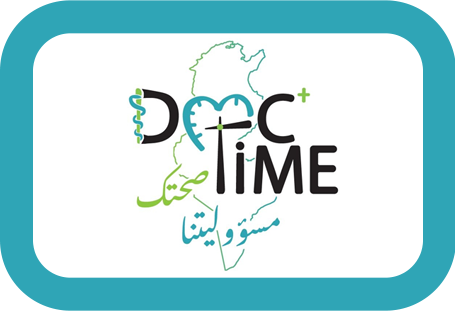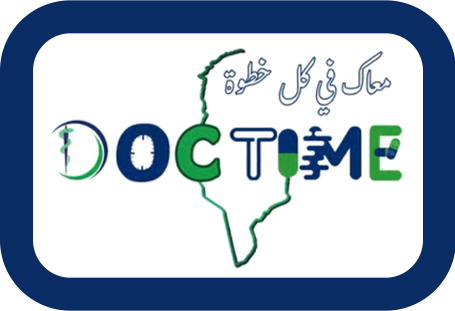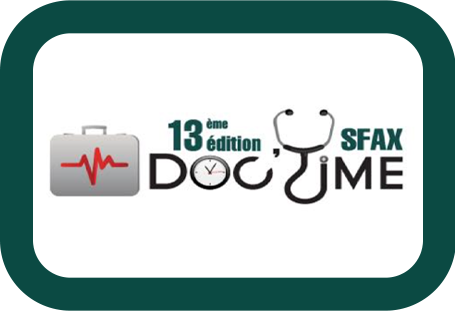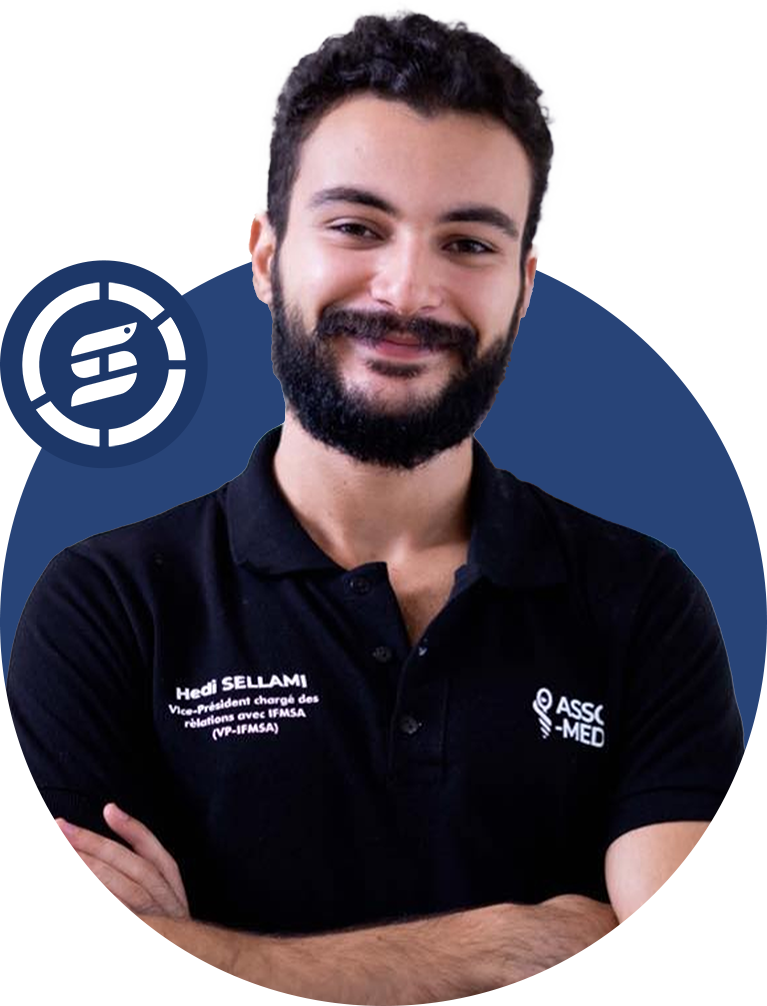IFMSA
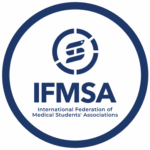
Shaping Global Health Leaders Since 1951
The International Federation of Medical Students’ Associations (IFMSA) is one of the world’s oldest and largest independent organizations representing medical students. It was founded in 1951 and currently includes over 133 National Member Organizations (NMOs) from over 130 countries across six continents, facilitating over 15,000 annual student exchanges.

IFMSA is committed to empowering medical students to be active global health leaders through its programs, advocacy, and capacity-building initiatives. It works closely with the World Health Organization (WHO), the United Nations (UN), and other international bodies to address global health challenges. Its mission is to be the voice of medical students worldwide.
IFMSA unites medical students worldwide to lead initiatives that impact positively the communities we serve. IFMSA represents the opinions and ideas of future health professionals in the field of global health and works in collaboration with external partners. IFMSA builds capacity through training, projects and exchange opportunities while embracing cultural diversity so as to shape a sustainable and healthy future.
The goal of the Federation is to serve society and medical students all over the world through its member organizations by:
- Empowering medical students in using their knowledge and capacities for the benefit of society.
- Providing a forum for medical students throughout the world to discuss topics related to individual and community health, education and science and to formulate policies from such discussions.
- Promoting and facilitating professional and scientific exchanges as well as projects and extracurricular training for medical students, thereby sensitizing them to other cultures and societies and their health problems.
- Providing a link between members, medical students’ associations and international organizations, and to encourage the co-operation between them for the ultimate benefit of society.
IFMSA operates on local and national levels primarily through its six standing committees, each dedicated to major health topics and medical student interests.
The work of each standing committee is enhanced by various activities like training, campaigns, and advocacy, providing students with formal and non-formal learning opportunities. Thousands of projects, activities, conferences, and workshops are organized annually across the IFMSA network, empowering students to drive change.
Associa-Med has adopted all six of these Standing Committees, integrating their focus areas
Each Standing Committee is led by an International Director, supported by an international team including a Liaison Officer and five Regional Assistants. At the national level, a National Officer coordinates the committee, with Local Officers executing work locally.
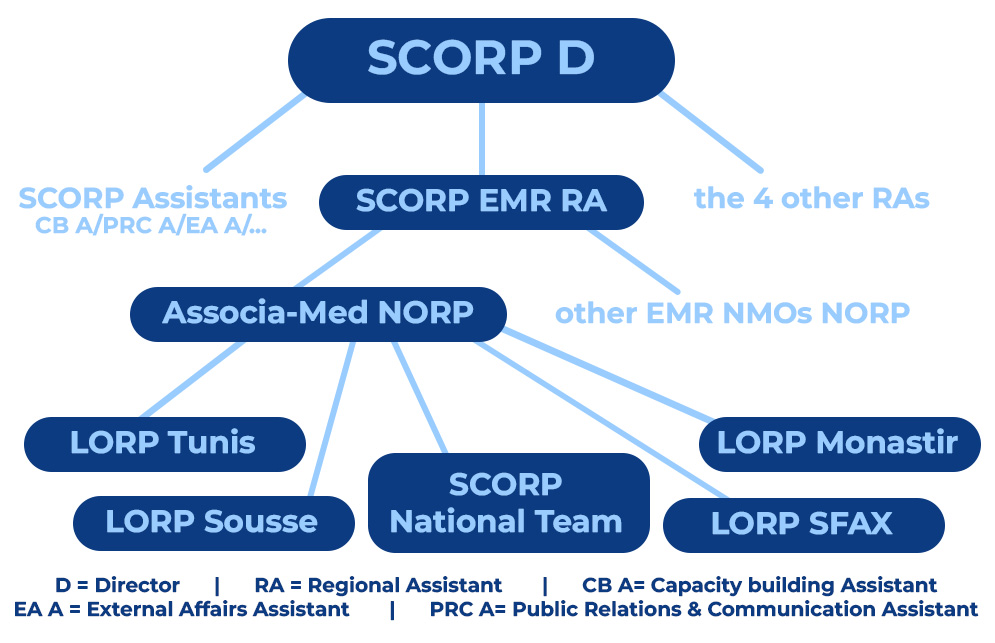
The International Director oversees activities and capacity building, represents their field within the Team of Officials, and leads sessions at General Assemblies.
Regional Assistants manage communications with National Officers, lead sessions at Regional Meetings, and contribute to committee development.
Each year, over 15,000 medical students participate in IFMSA’s exchange programs to explore healthcare delivery and health systems in diverse cultural and social settings. These four-week clinical or research projects are facilitated by a global network of students.
Our exchanges promote intercultural understanding and cooperation, providing students with a chosen department or research project, lodging, accommodation, and often a social program. Tutors ensure active participation and skill development.
Academic quality is maintained through measures like the student handbook (a record of tasks and skills checklists, developed with partners like WONCA, FIGO, and the World Federation of Neurology) and official certificates. Certificates are issued upon fulfilling requirements, completing the handbook, and achieving at least 80% attendance, often granting university credits.
Associa-Med members actively benefit from the IFMSA exchange program, gaining invaluable international experience and contributing to global health
A Brief History of IFMSA
IFMSA founded after World War II, with its first meeting in Copenhagen, Denmark. Founding members included England, Austria, Federal Republic of Germany, Finland, Norway, Sweden, Netherlands, Switzerland, and Denmark.
First General Assembly held in London, with thirty participants from ten countries.
Successfully hosted Student International Clinical Conferences. Focus on student mobility and exchanges.
Launched various summer schools in Denmark, UK, and Scandinavia.
Addressed issues like medical education, drugs, AIDS, and HIV. Initiated projects like Book Aid and Equipment Appeal to support students in developing countries.
Began relationship with WHO, resulting in a symposium on “Programmed Learning in Medical Education” and initiatives in immunology and tropical medicine.

Shift towards decentralization, leading to the establishment of regional medical student organizations in Africa and Asia.
Issued resolutions on Medical Education, Prevention of Nuclear War, and Primary Health Care.
Creation of the Village Concept Project and start of Leadership Training Programs in collaboration with WHO.
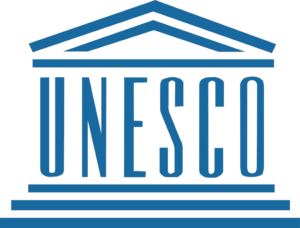
Established five regions to manage growth and enhance national outreach. Adopted new constitution and bylaws.
Became an official supporter of HIFA2015 (Healthcare Information For All by 2015).
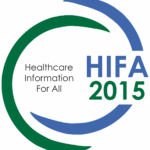
Unanimously adopted a structural reform (implemented fully on October 1, 2015), including a permanent secretariat in Amsterdam, transition from Projects to Programs, and a three-year strategy.
National Member Organizations (NMOs)
National Member Organizations (NMOs) are the local associations of medical students that form the backbone of IFMSA. These organizations are responsible for implementing IFMSA’s programs and initiatives at the national level, engaging with local medical students, and representing their interests within the federation.
In 1999, Associa-Med joined the International Federation for Medical Students’ Associations (IFMSA)
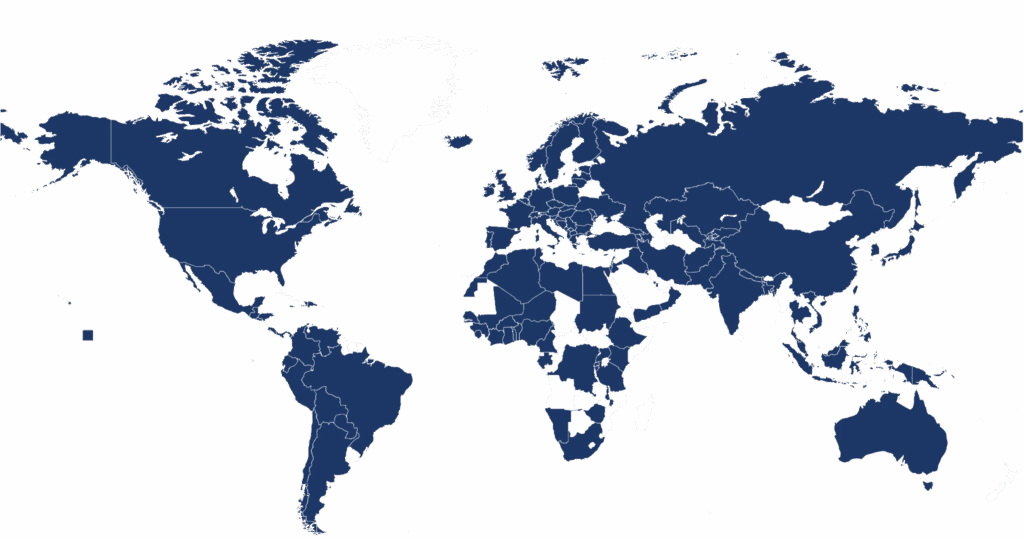
IFMSA Regions
IFMSA divides its member organizations into six geographical regions to facilitate regional cooperation, tailored support, and localized initiatives. These regions help address specific health challenges and cultural contexts relevant to their areas.
The Six Regions are: Americas, Europe, Eastern Mediterranean, Asia – Pacific and Africa.
Associa-Med Tunisia is Proudly part of the IFMSA Eastern Mediterranean Region.
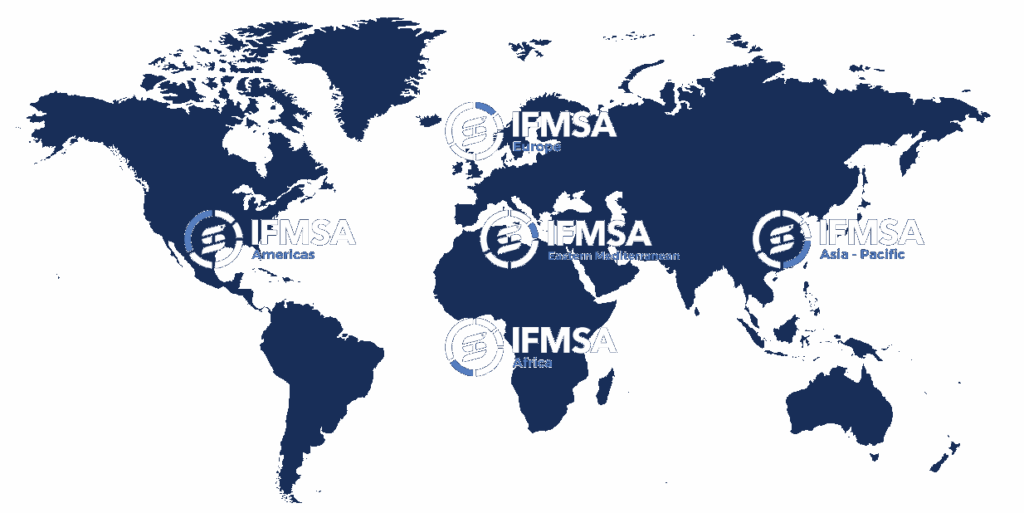
Each region is led by a Regional Director (RD), who is elected by NMO presidents of the respective region. The Regional Director works closely with regional assistants from various standing committees and a capacity building assistant to coordinate activities and support the development of National Member Organizations (NMOs) at their national level.
The Eastern Mediterranean Region (EMR)
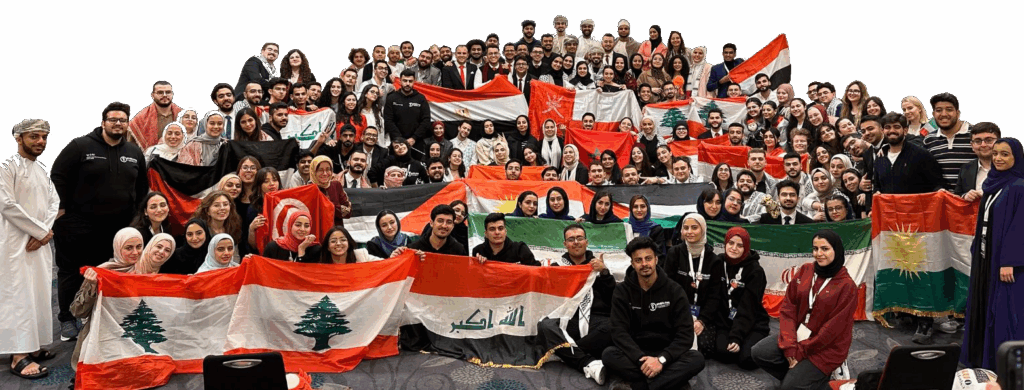
The Eastern Mediterranean Region (EMR) is a vibrant and diverse region within IFMSA, comprising National Member Organizations from countries across the Middle East, North Africa, and parts of Central Asia. These NMOs actively collaborate to address health challenges specific to the region.
The EMR faces unique health challenges, including those related to conflicts, humanitarian emergencies, non-communicable diseases, and the need for robust public health infrastructure. Medical students in the EMR actively engage in projects and advocacy related to these issues, often collaborating on regional initiatives to maximize impact. The Regional Director for EMR leads the regional team and coordinates activities among NMOs.
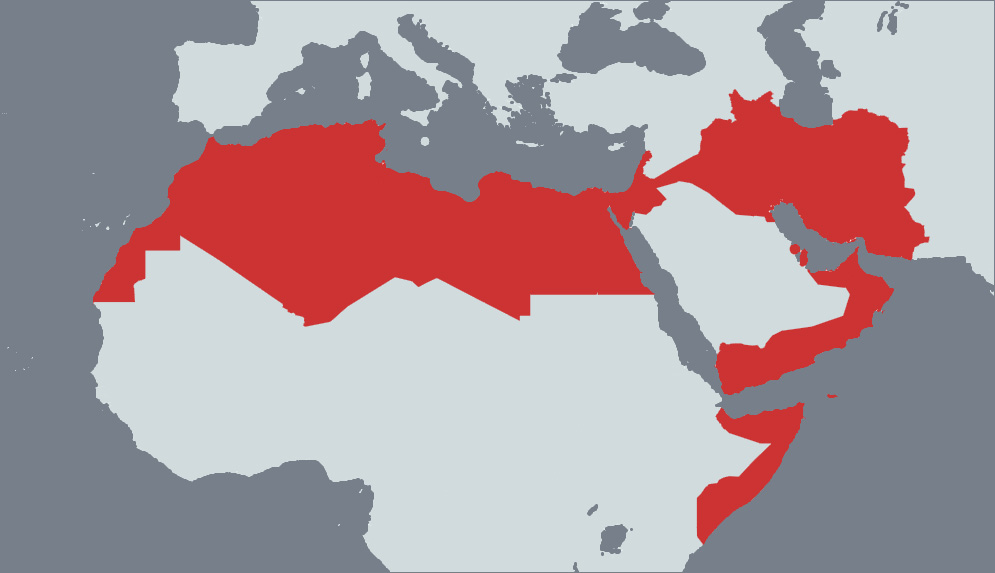
EMR Member Organizations:
- Associa-Med Tunisia
- IFMSA-Egypt
- IFMSA-Iraq
- IFMSA-Jo (Jordan)
- IFMSA-Morocco
- IMSA (Iran)
- LeMSIC (Lebanon)
- IFMSA-Algeria
- MedSCO (Oman)
- NAMS (Yemen)
- PMSA (Palestine)
- LMSA (Libya)
- IFMSA-UAE
- IFMSA-Kurdistan (Iraq-Kurdistan)
- KuMSA (Kuwait)
- QMSA (Qatar)
- IFMSA-BH (Bahrain)
- NAHSAS (Somalia)
International General Assemblies (GAs)
IFMSA holds two major General Assemblies (GAs) annually, which are the highest decision-making bodies of the federation. These events bring together thousands of medical students from around the globe for intense weeks of workshops, plenaries, discussions, and cultural exchange. They aim to inspire the next generation of future physicians to become leaders and advocates through the exchange of ideas, networking, and learning from various programming sessions.
March Meeting (MM): Typically held in March, this GA focuses on policy-making, strategic planning, and the election of the Executive Board for the upcoming term. It’s a crucial event for setting IFMSA’s direction.
Associa-Med hosted the March Meeting in 2014
General Assemblies feature:
- Meetings of each Standing Committee: Where specific global health topics are discussed and initiatives planned.
- Governance and Decision-Making Sessions: Crucial for shaping IFMSA’s policies and future direction.
- Training Opportunities: For self-skills development, leadership, and advocacy.Inspiring
- Activities and Projects Presentations: Showcasing impactful work from NMOs worldwide.
General Assemblies also feature various “Fairs” which are vibrant platforms designed to showcase exchange programs, activities, and initiatives from NMOs and Standing Committees. These fairs foster collaboration, inspire new projects, and highlight the diverse work within IFMSA.
At the August Meeting 2024, Associa-Med proudly won:
1st Place in the Exchange Fair & 3rd Place in the SCOPH Fair
To attend a GA as part of a delegation, each National Member Organization (NMO) posts its own call for delegation. For Associa-Med members, this call is approved by the National Administrative Council. Spots are often limited, so a strong motivation and relevant background are sometimes needed for selection.
Host countries are elected one year prior to the meeting by the National Member Organizations (NMOs) of the Federation, giving the organizing committee plenty of time to put together the optimal settings for medical students to learn, discuss, meet, and exchange.
Associa-Med hosted the March Meeting in 2014
EMR Meeting
In addition to the international General Assemblies, each IFMSA region holds its own annual Regional Meeting (RM). For the Eastern Mediterranean Region, this is the EMR Meeting, usually in February.
Associa-Med proudly hosted the EMR Meeting 18
The EMR Meeting serves as a regional forum for NMOs within the Eastern Mediterranean area to:
- Discuss Regional Issues: Address health and medical education challenges specific to the EMR.
- Share Best Practices: Exchange successful projects and initiatives among NMOs.
- Plan Regional Activities: Coordinate joint projects, advocacy campaigns, and capacity-building events for the region.
At the EMR Meeting 21 (2025), Associa-Med achieved notable recognition
2nd Place in the Activities Fair, 2nd Place in the PRC Fair, Awarded Best Global Action Project, Won the Most Popular Exchange Prize
To attend an EMR Meeting as part of a delegation, each National Member Organization (NMO) posts its own call for delegation. For Associa-Med members, this call is approved by the National Administrative Council. Spots are often limited, so a strong motivation and relevant background are sometimes needed for selection.
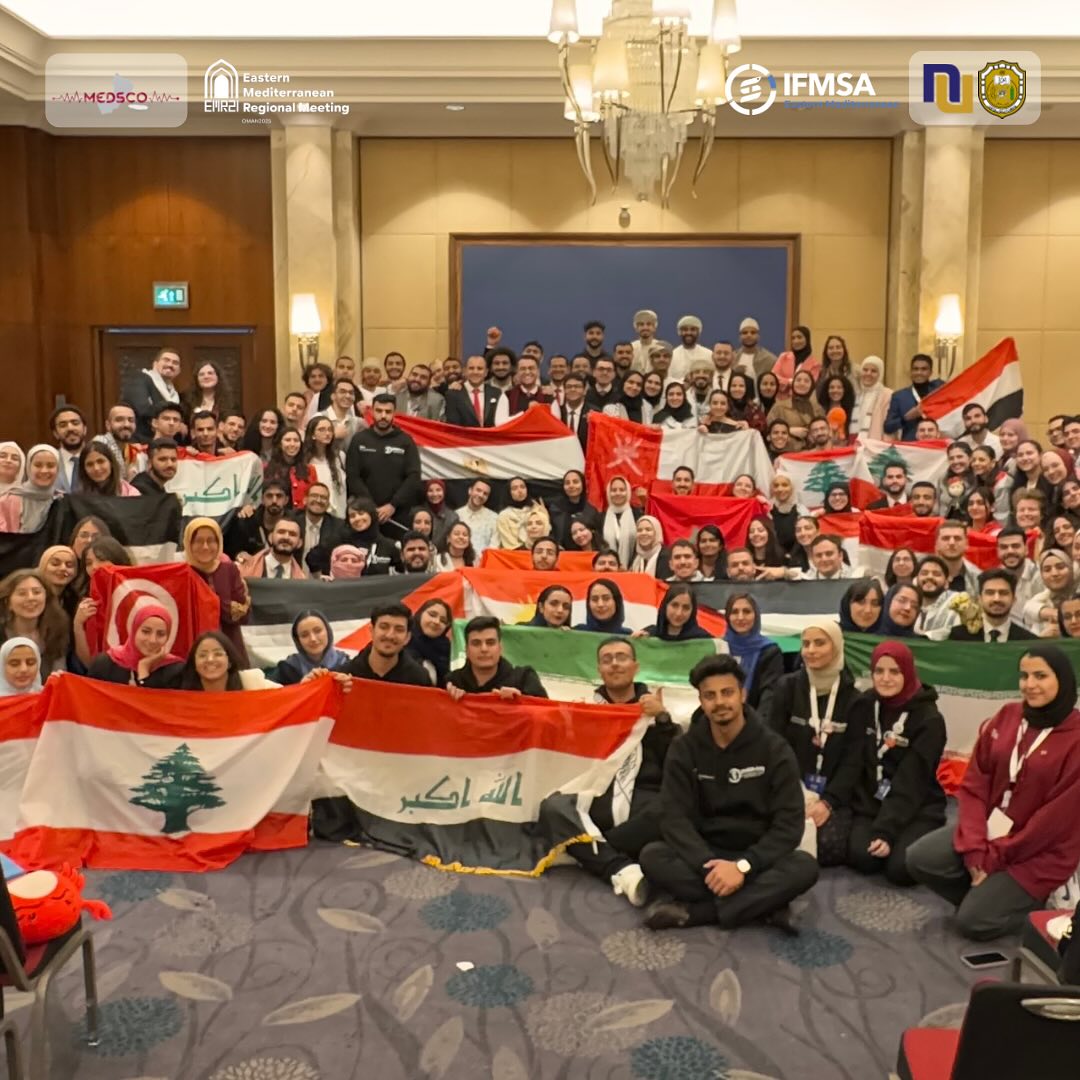
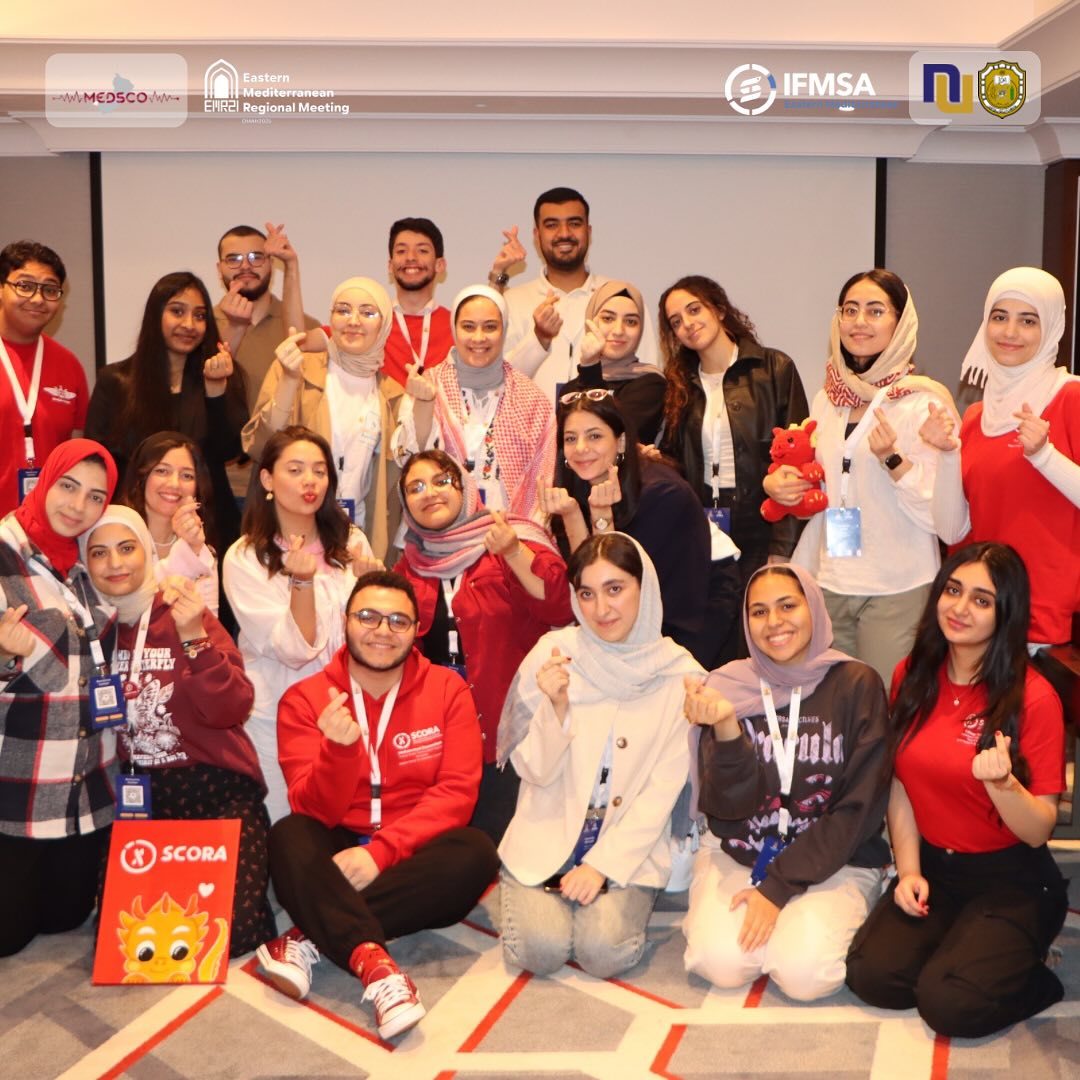
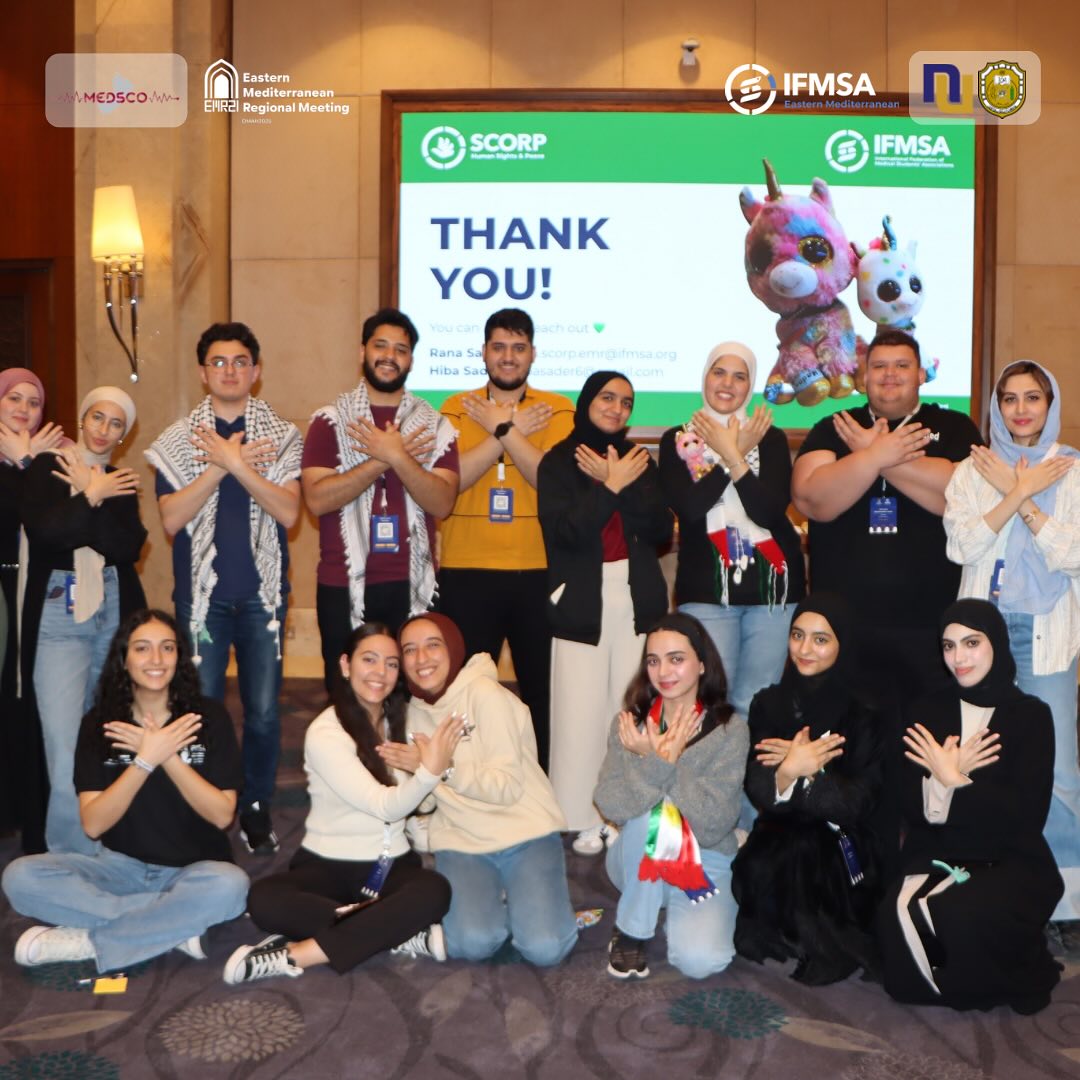
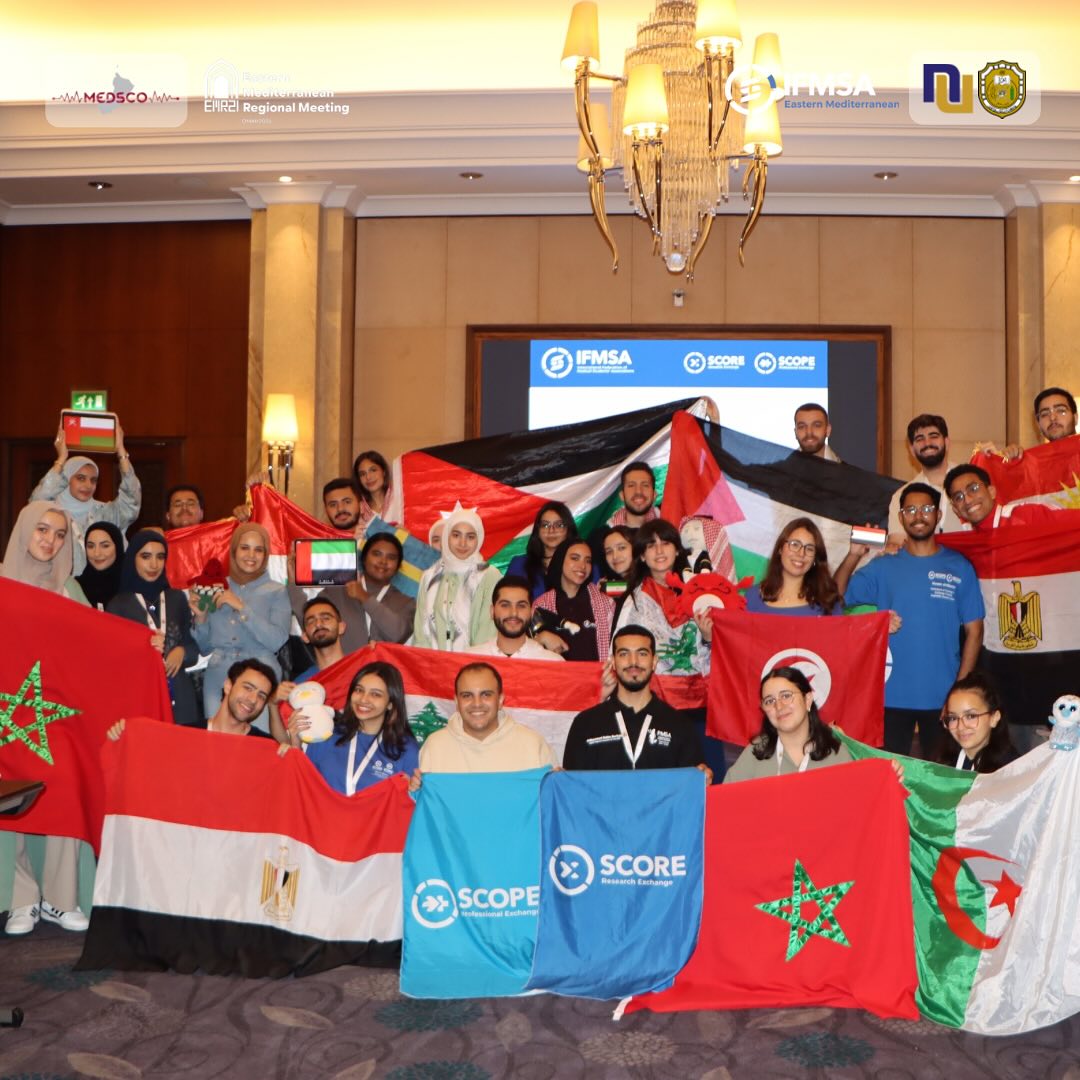
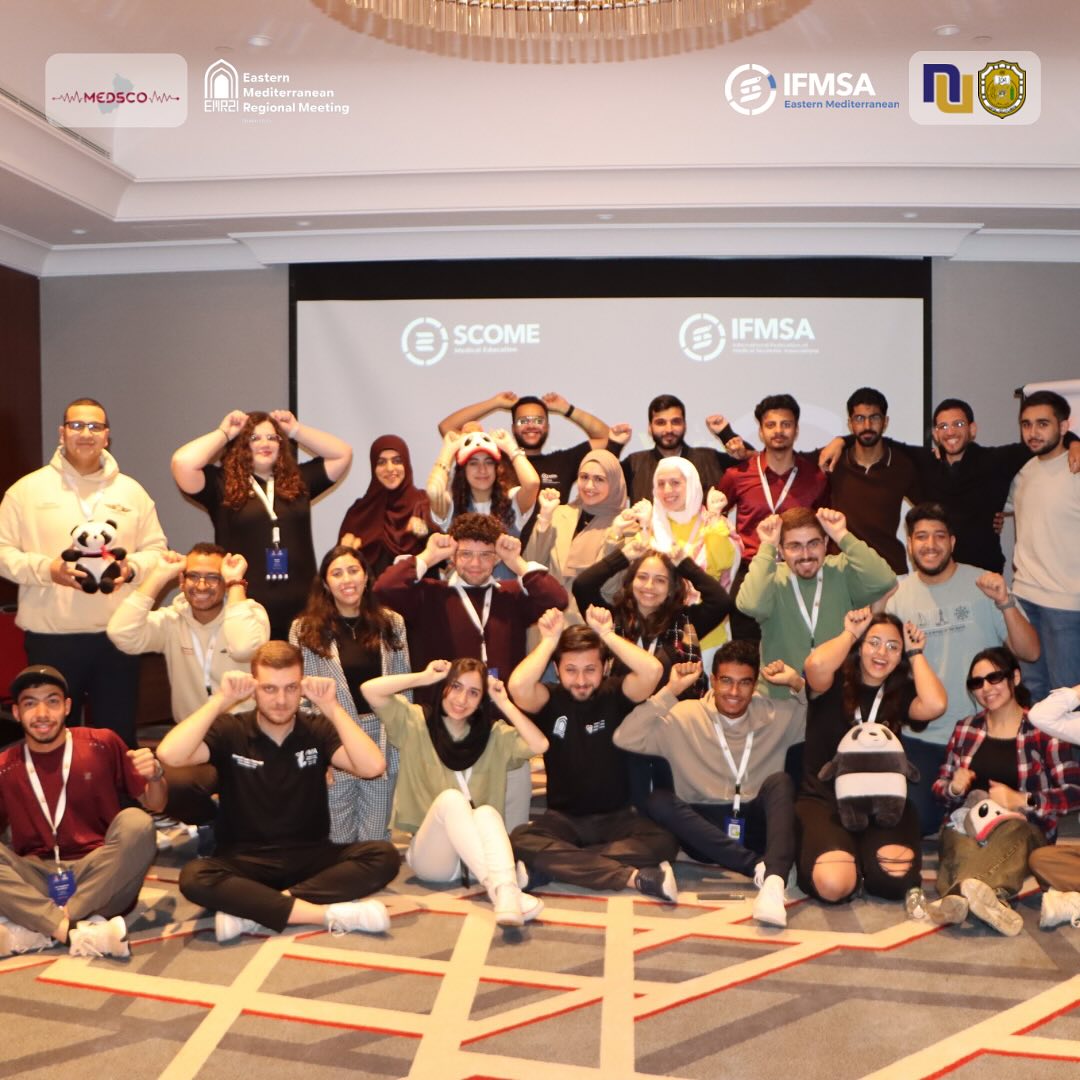
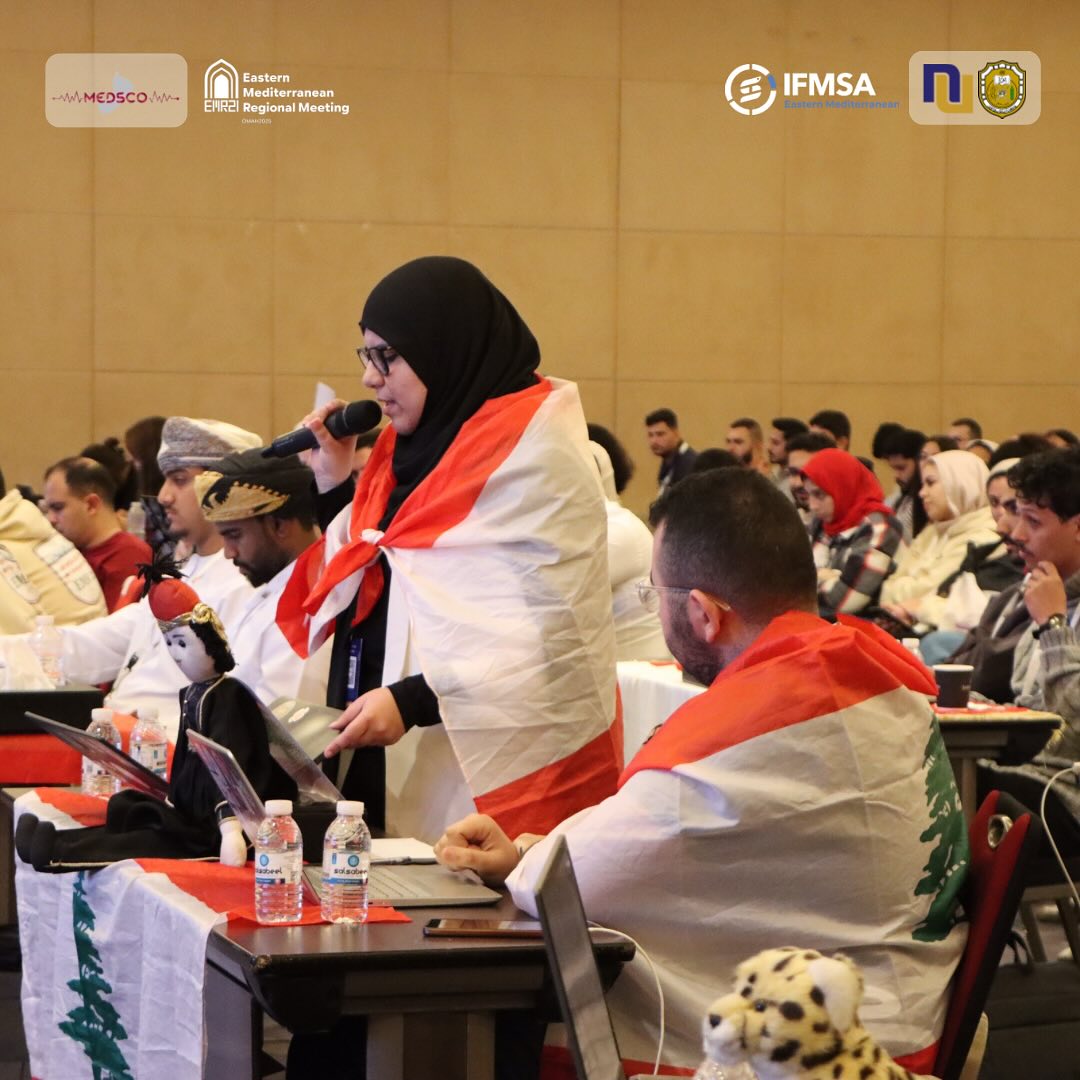

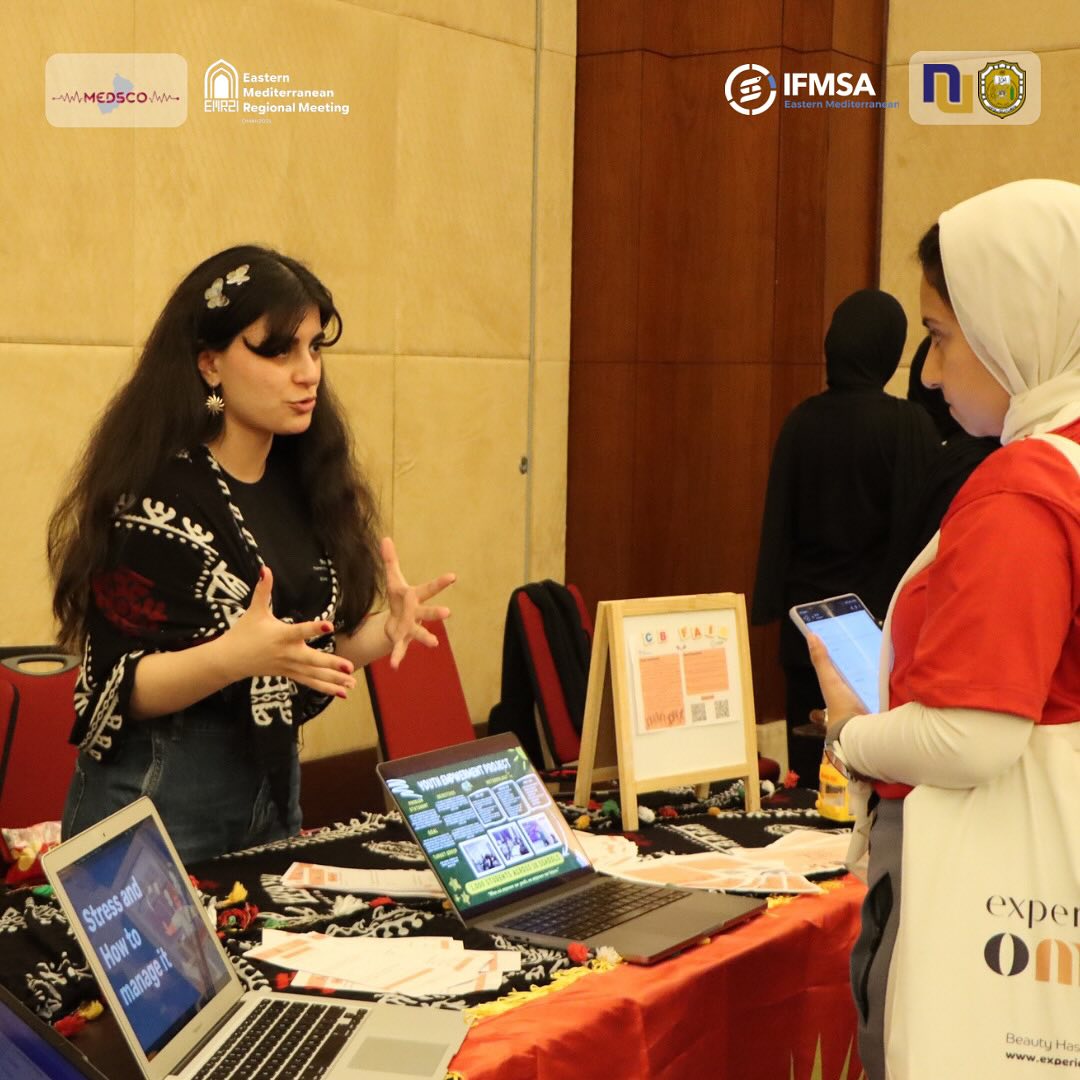
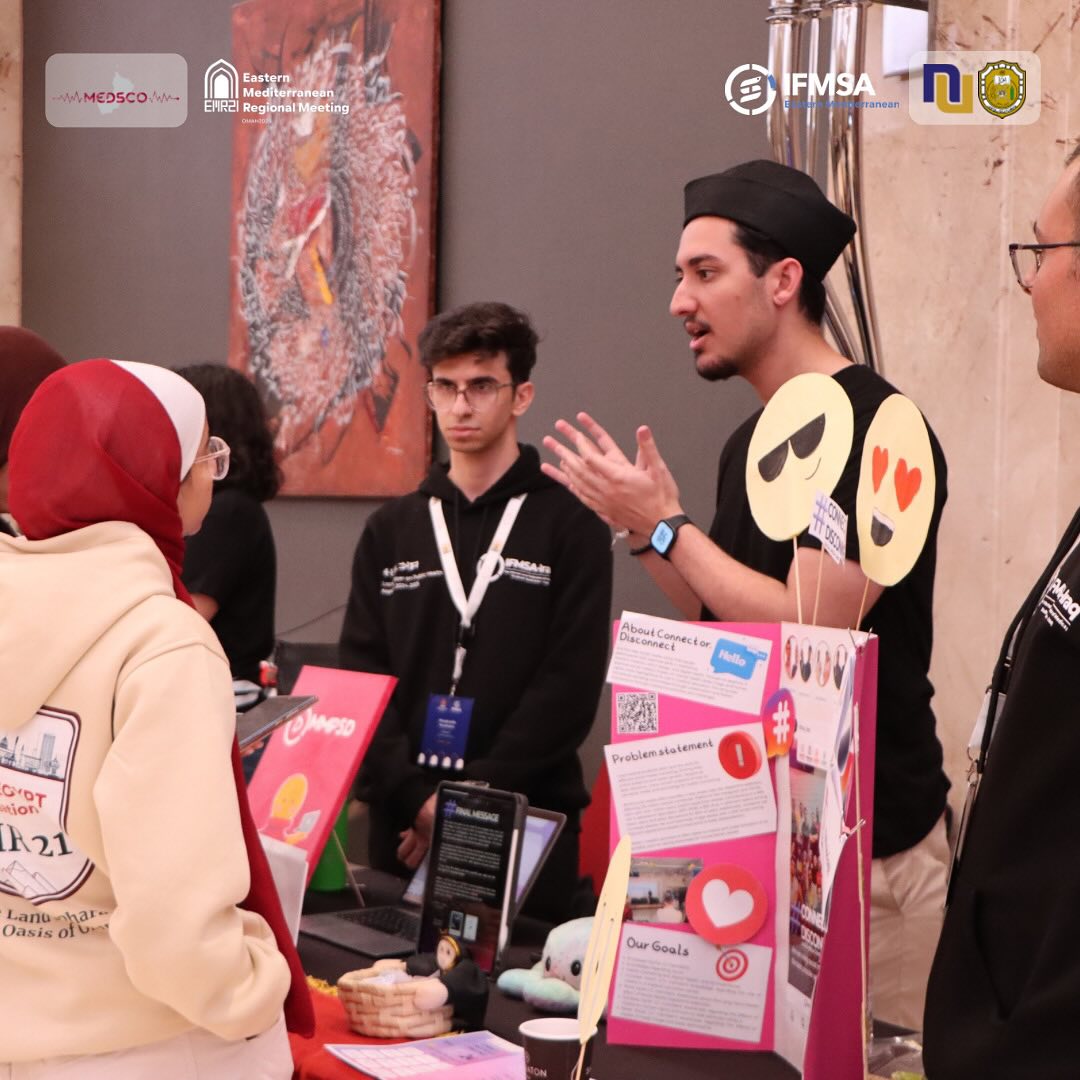
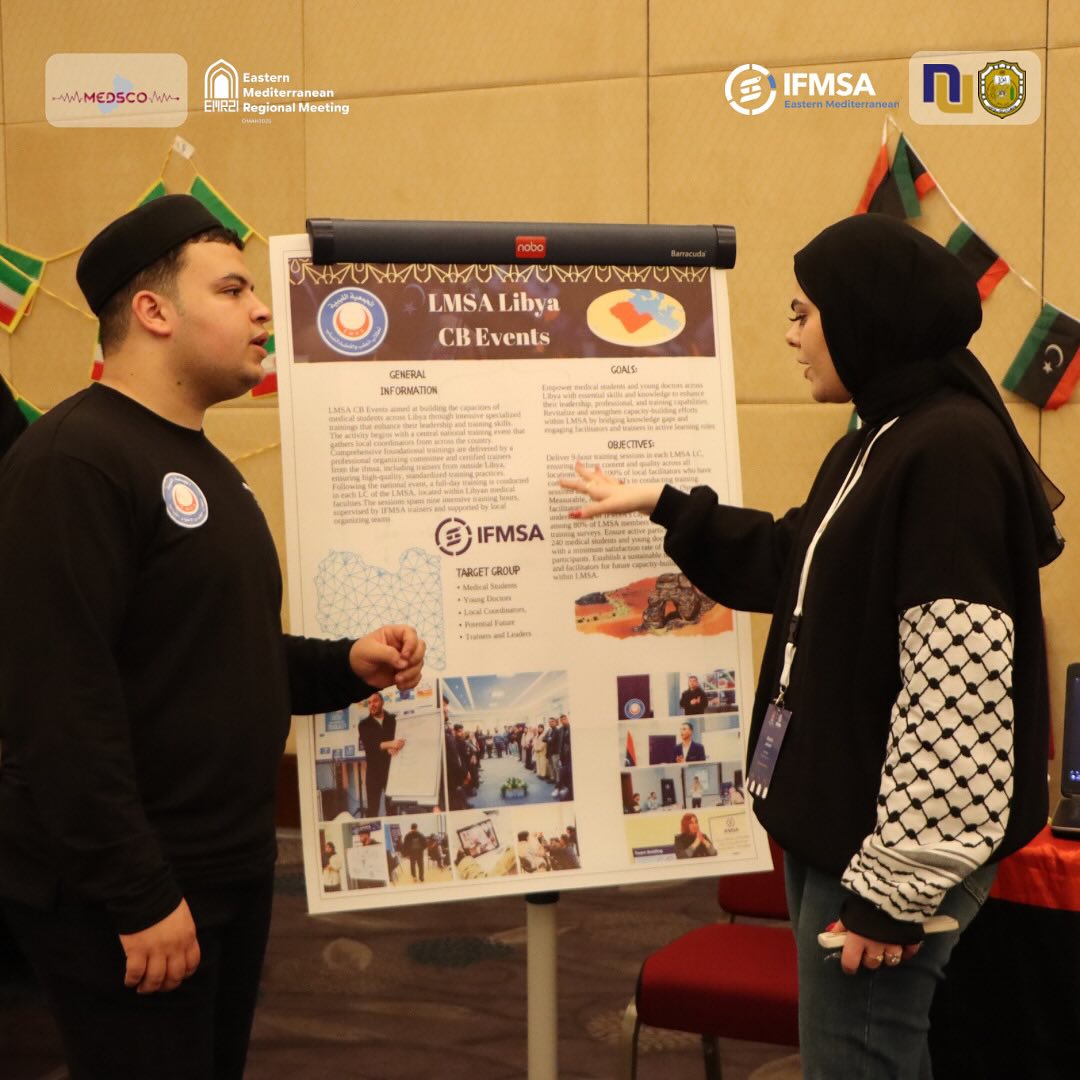
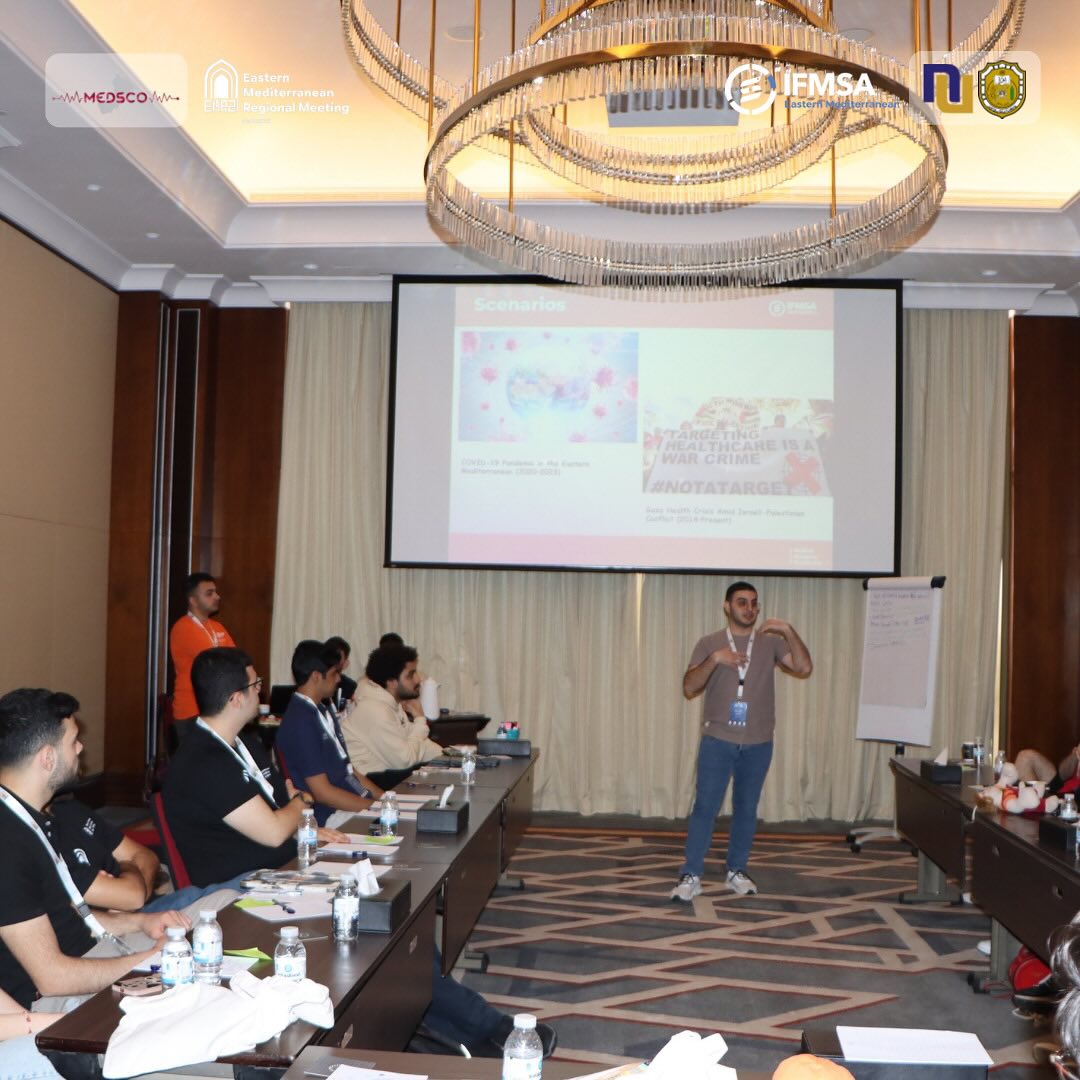
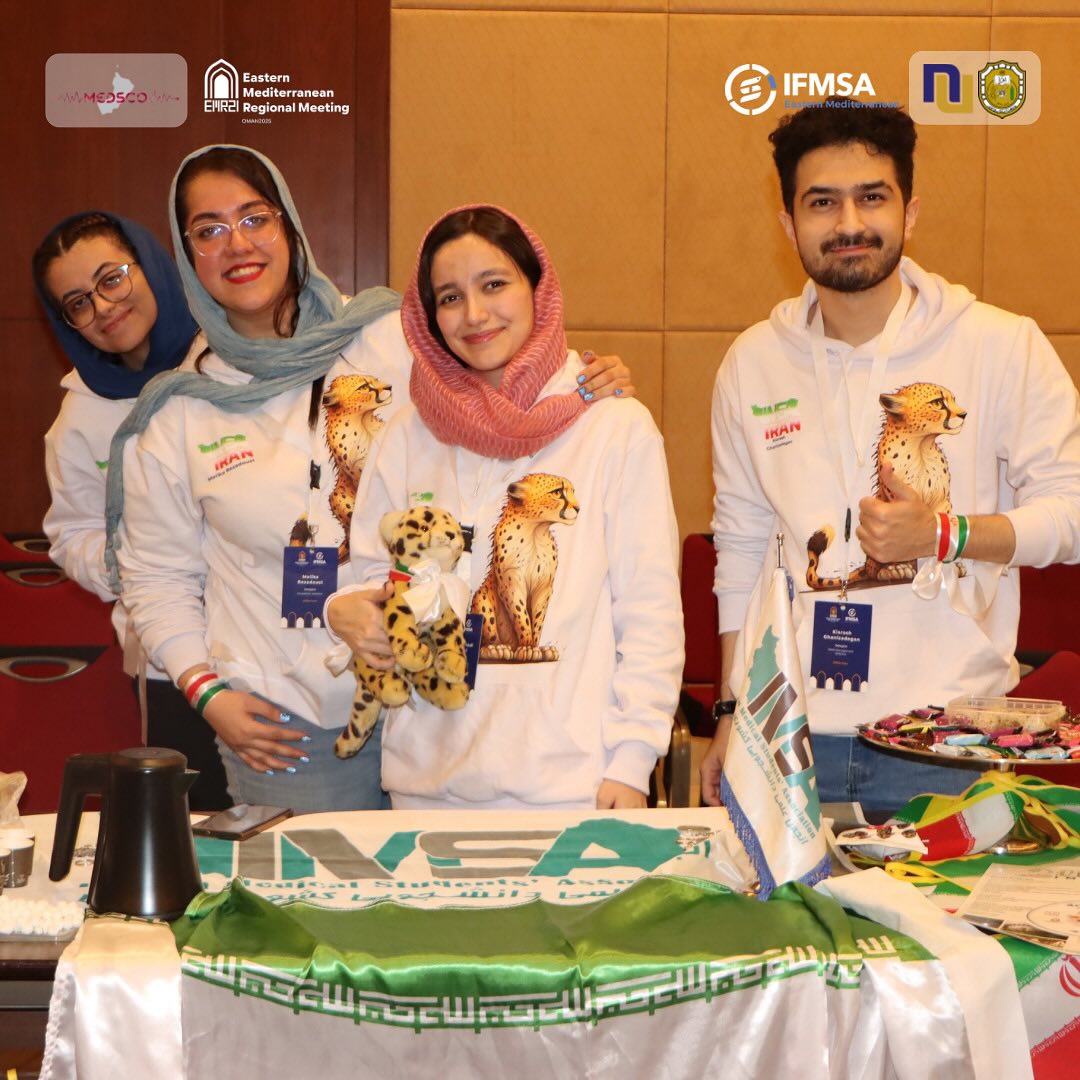
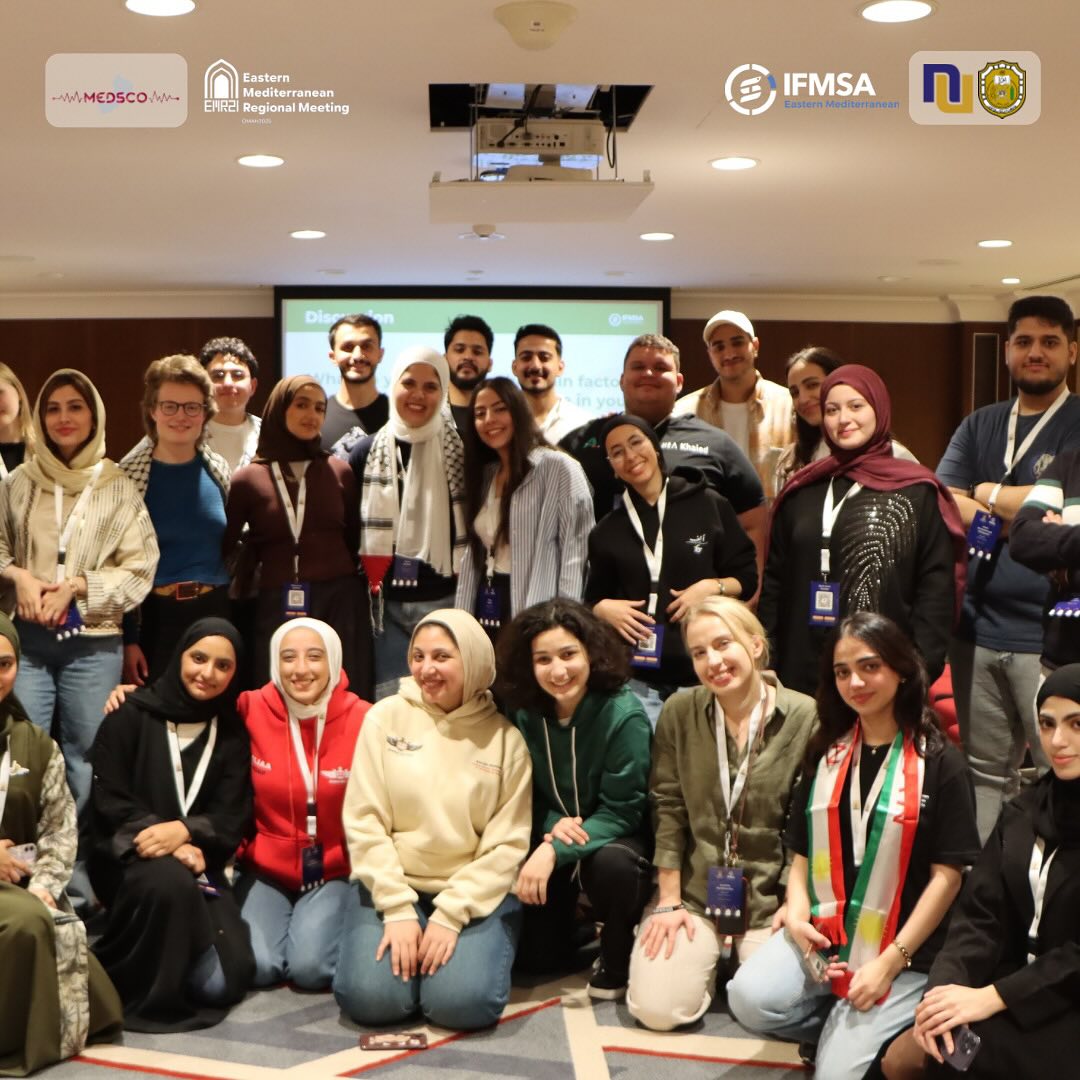
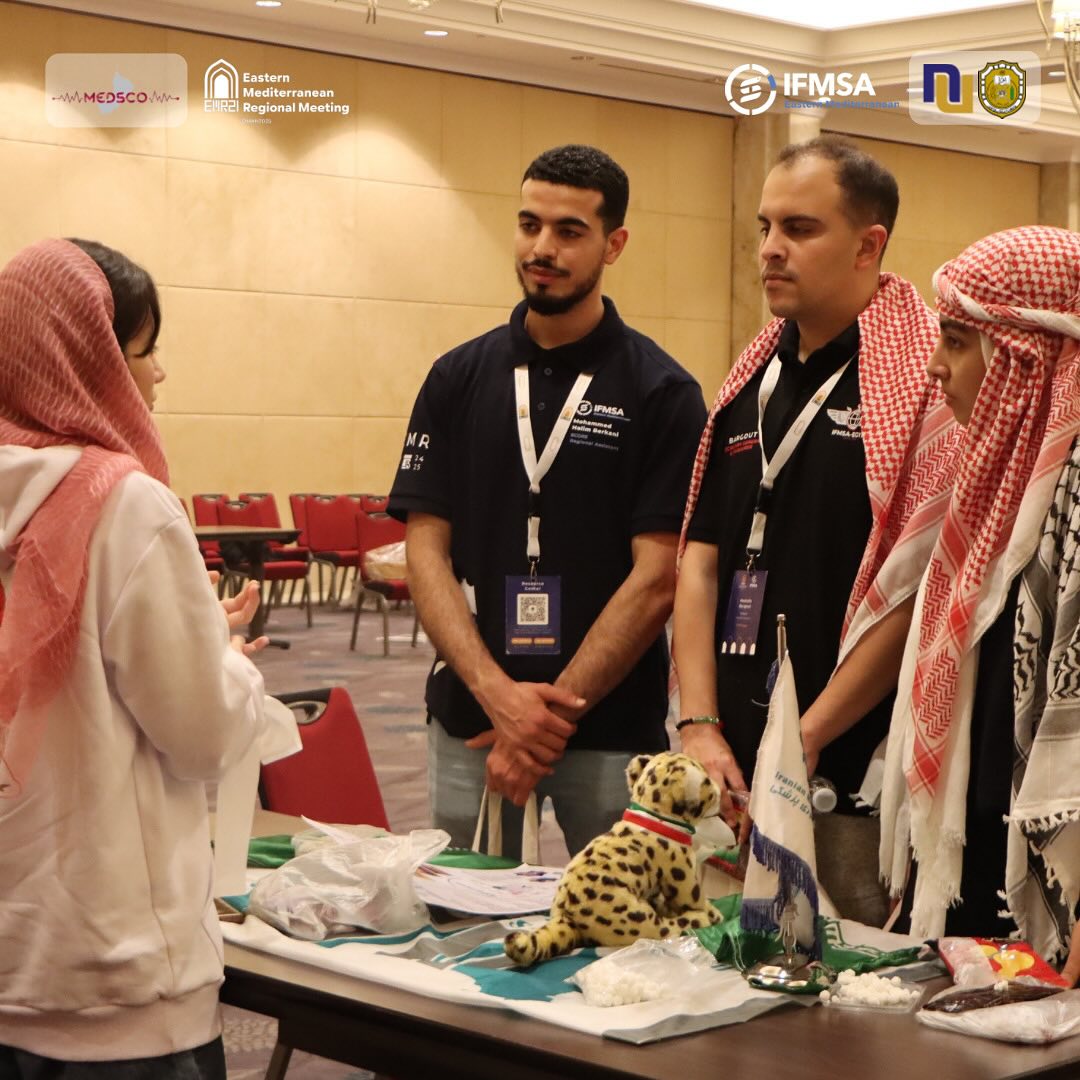
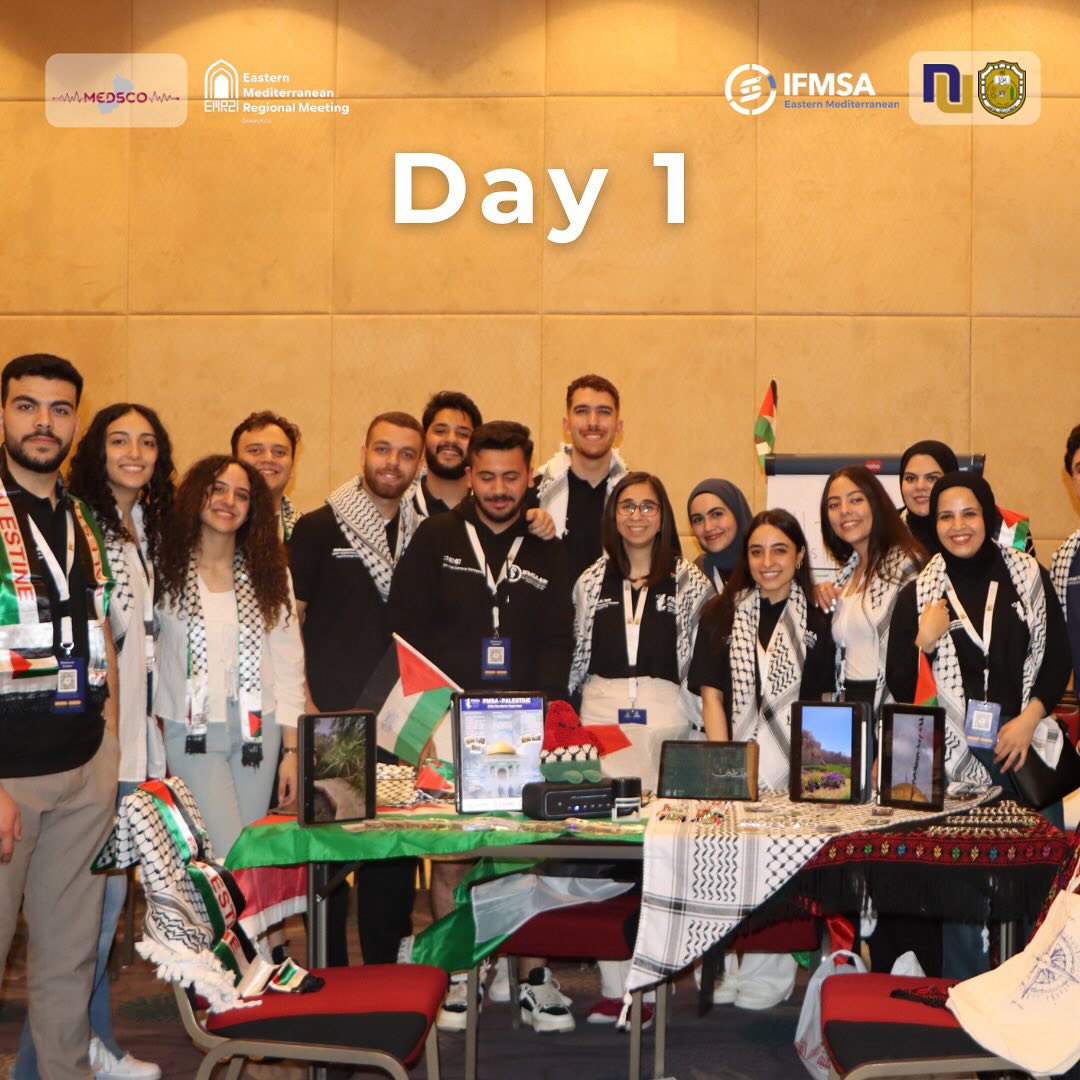
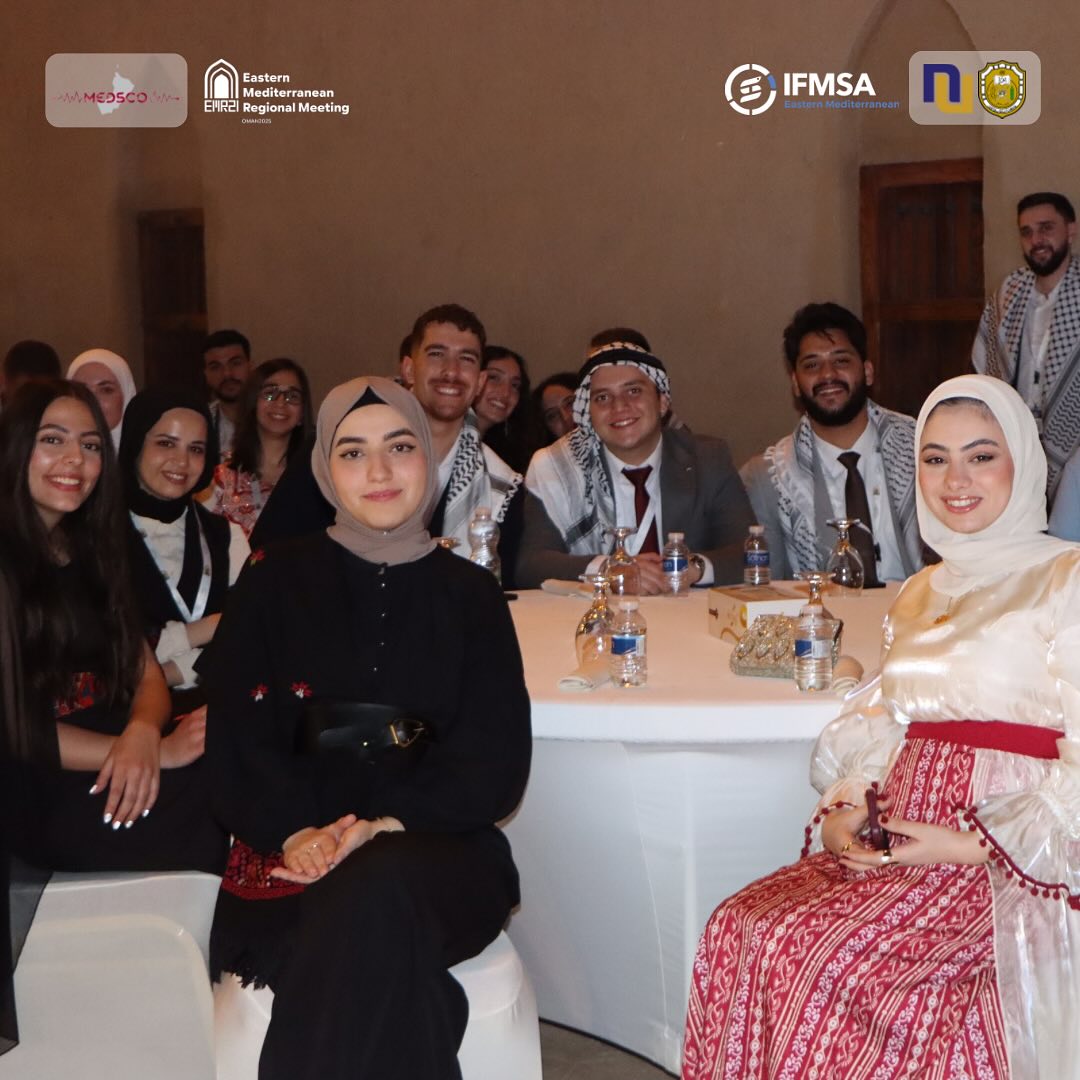
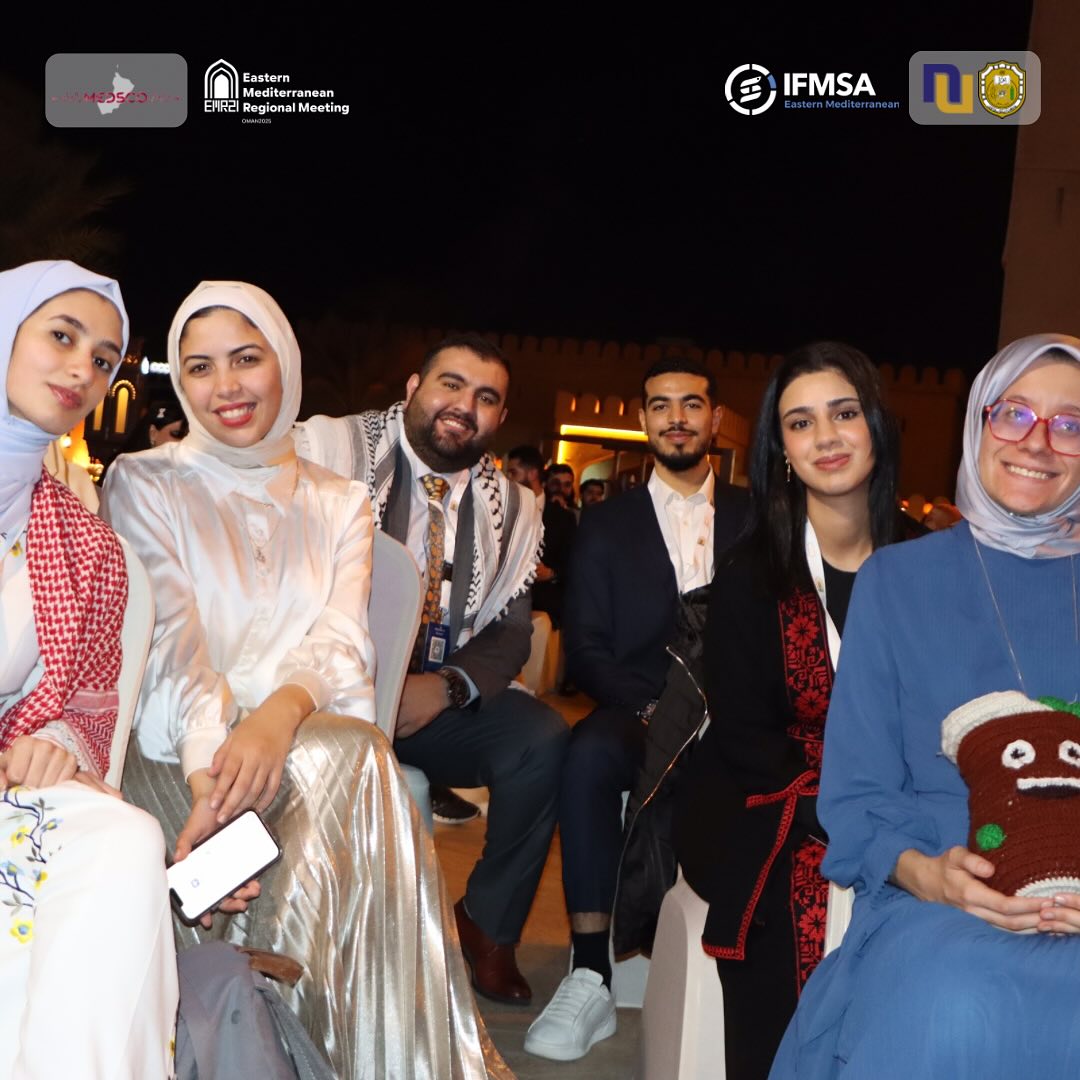
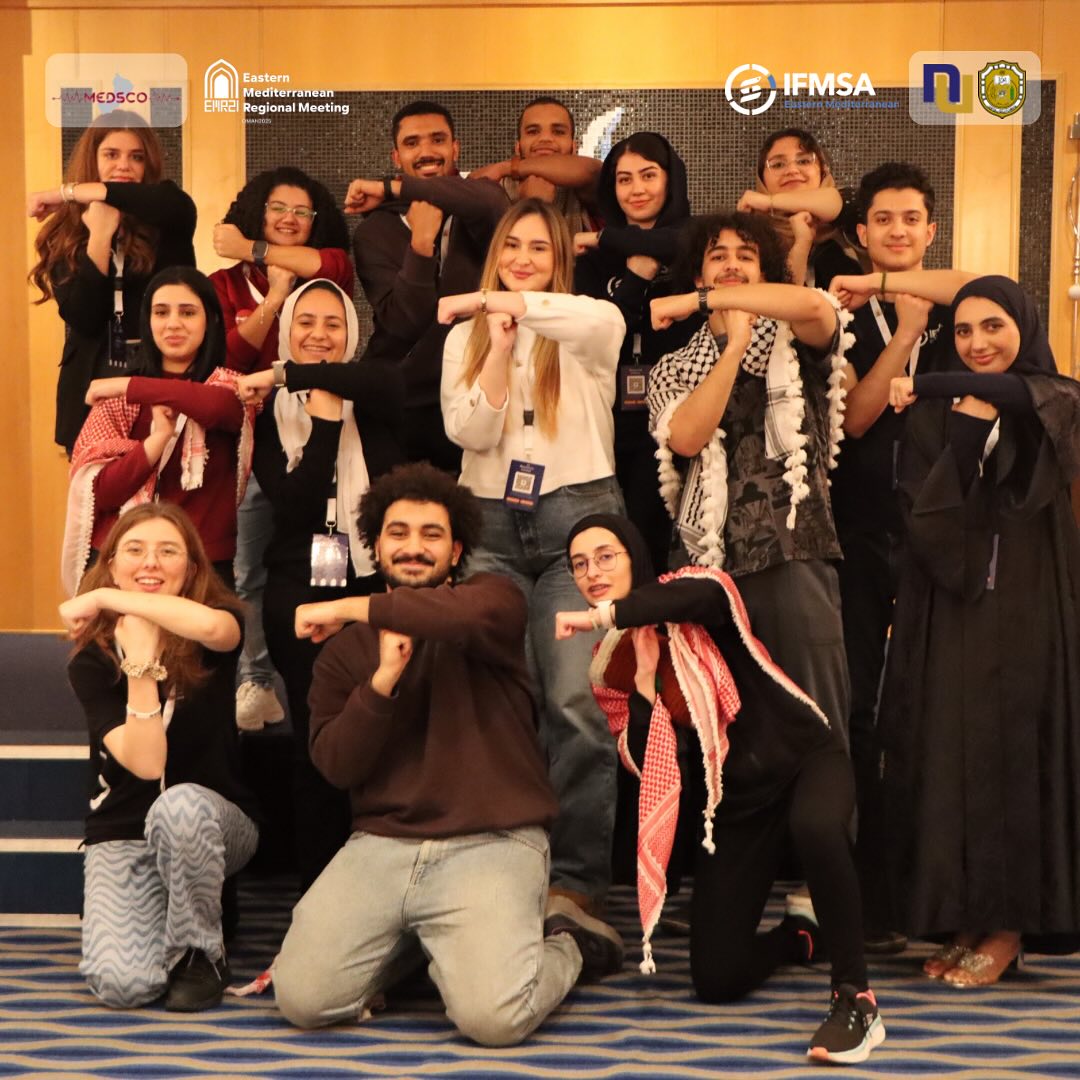
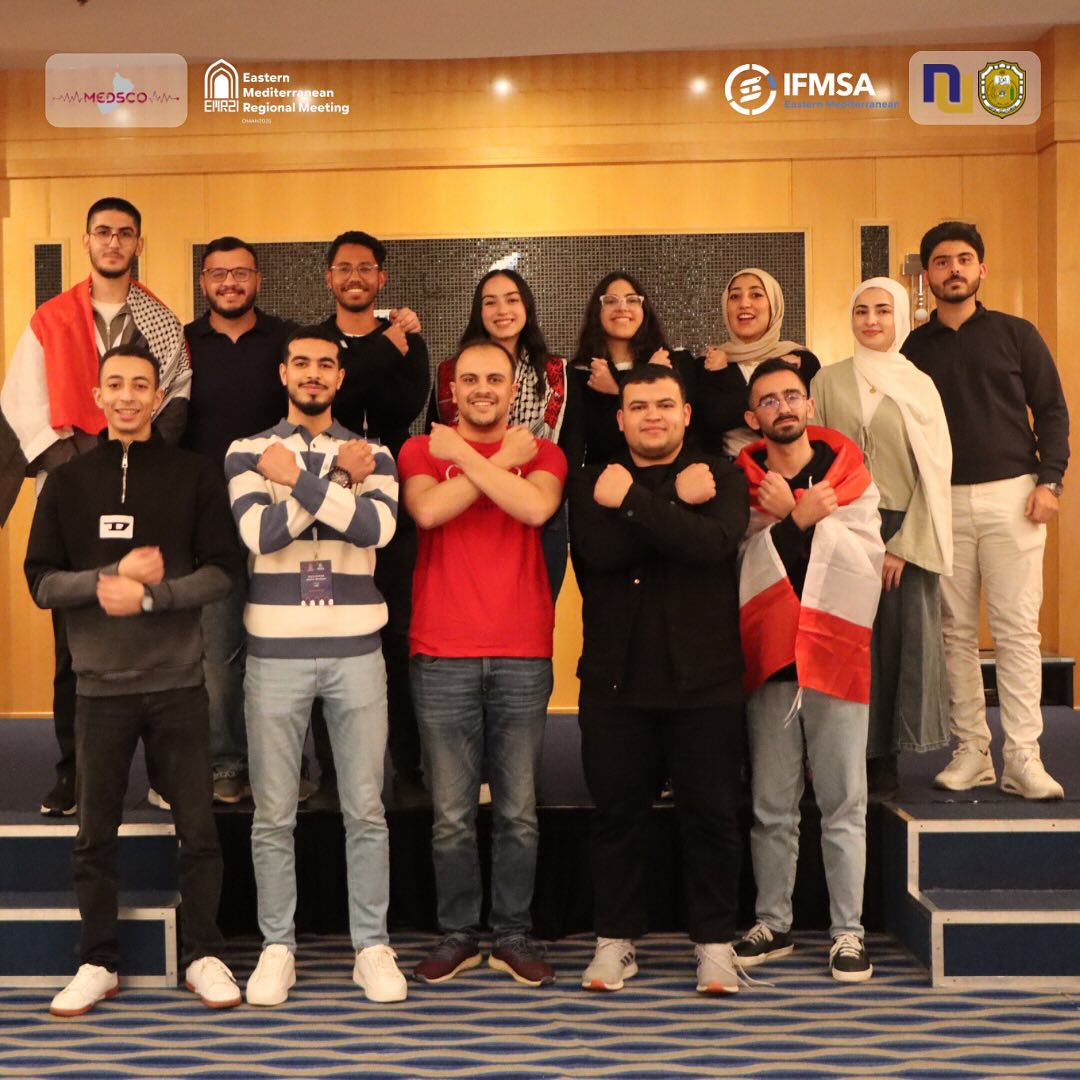
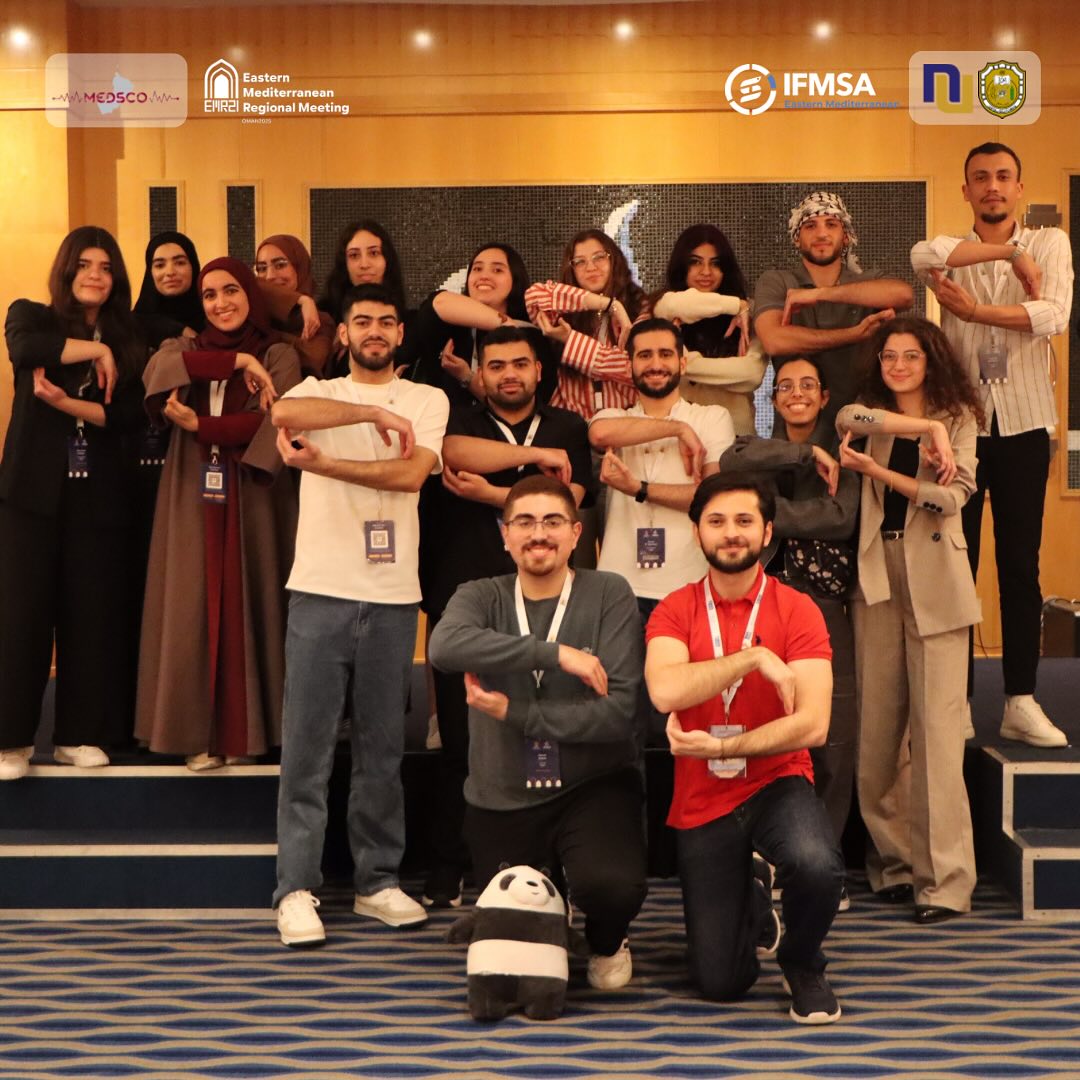
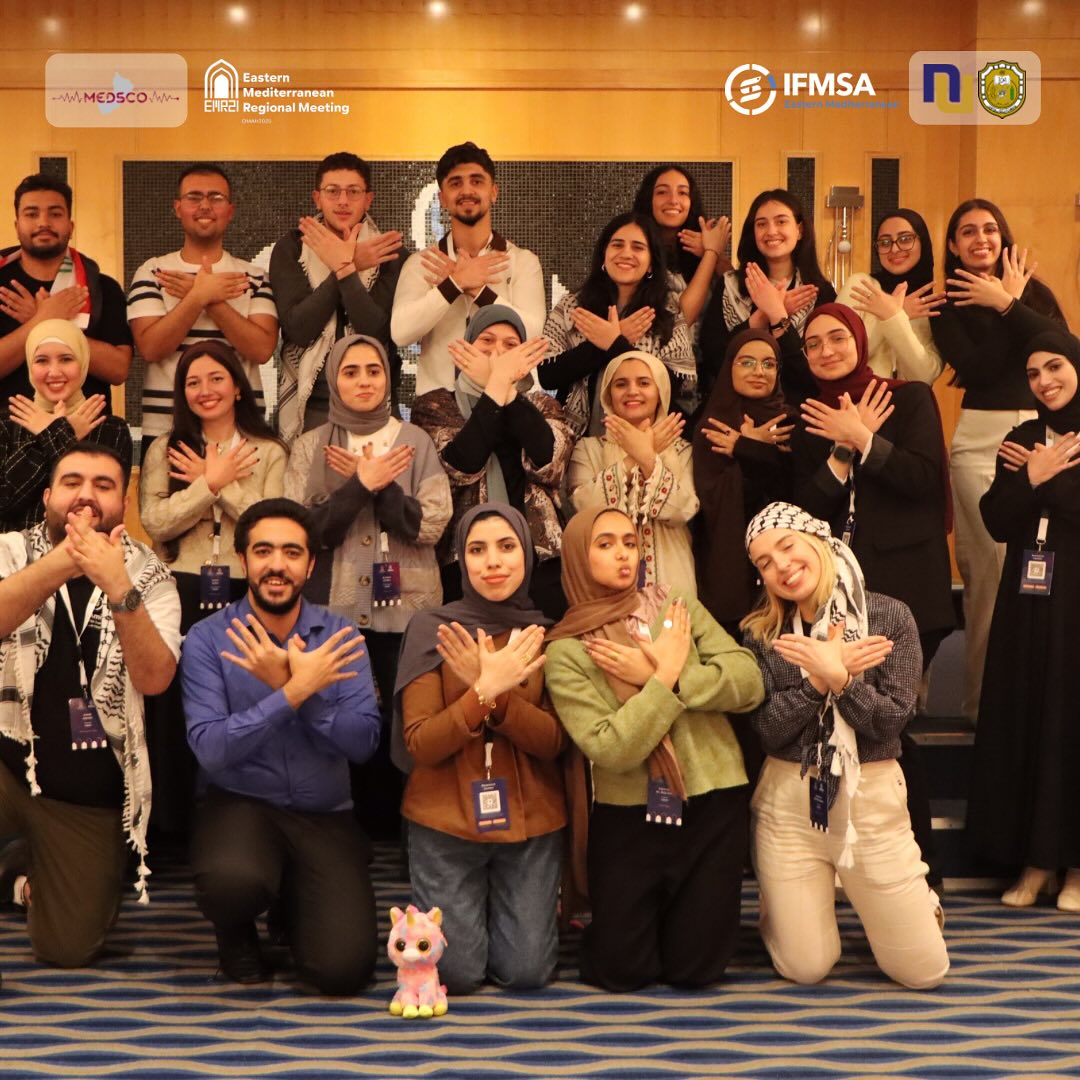
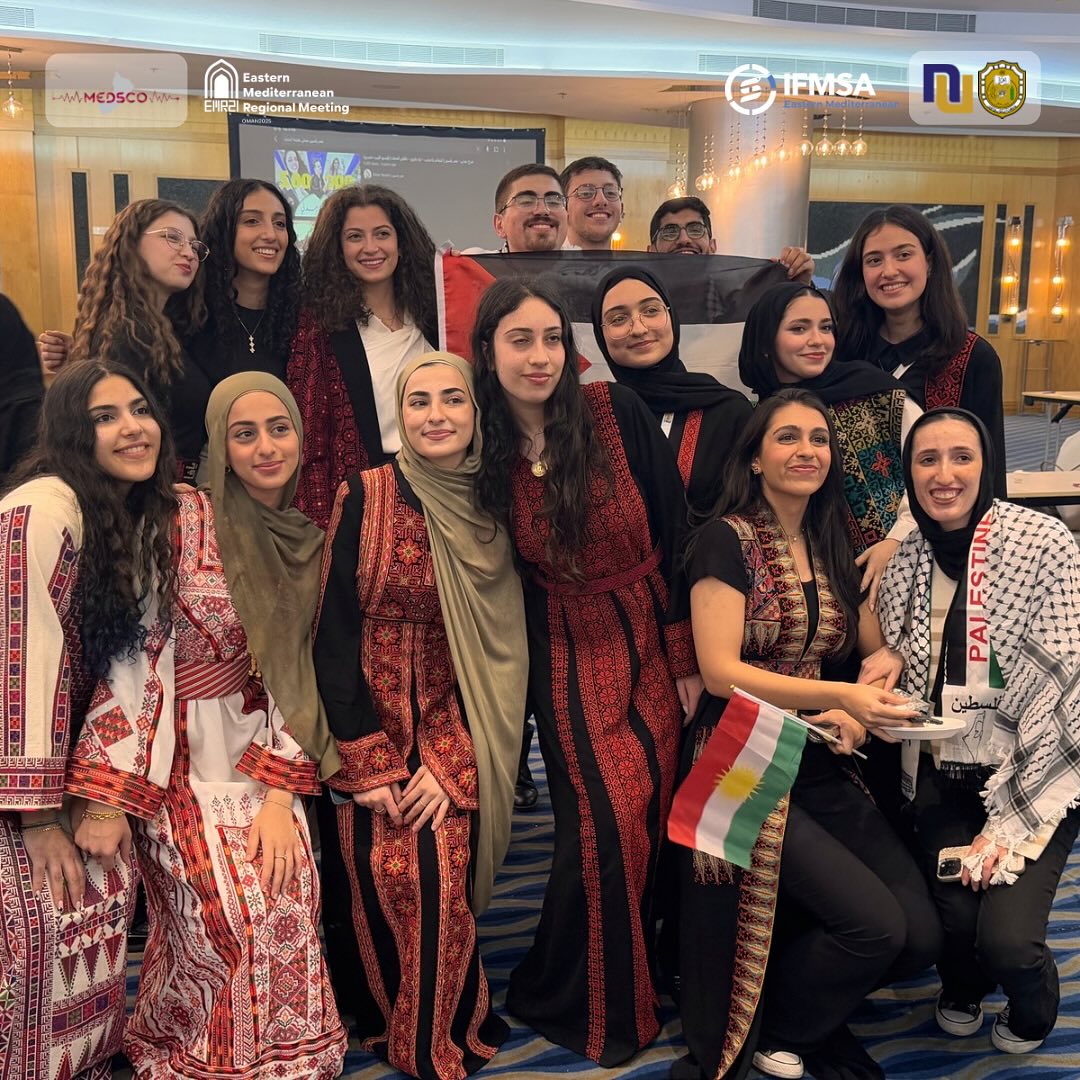
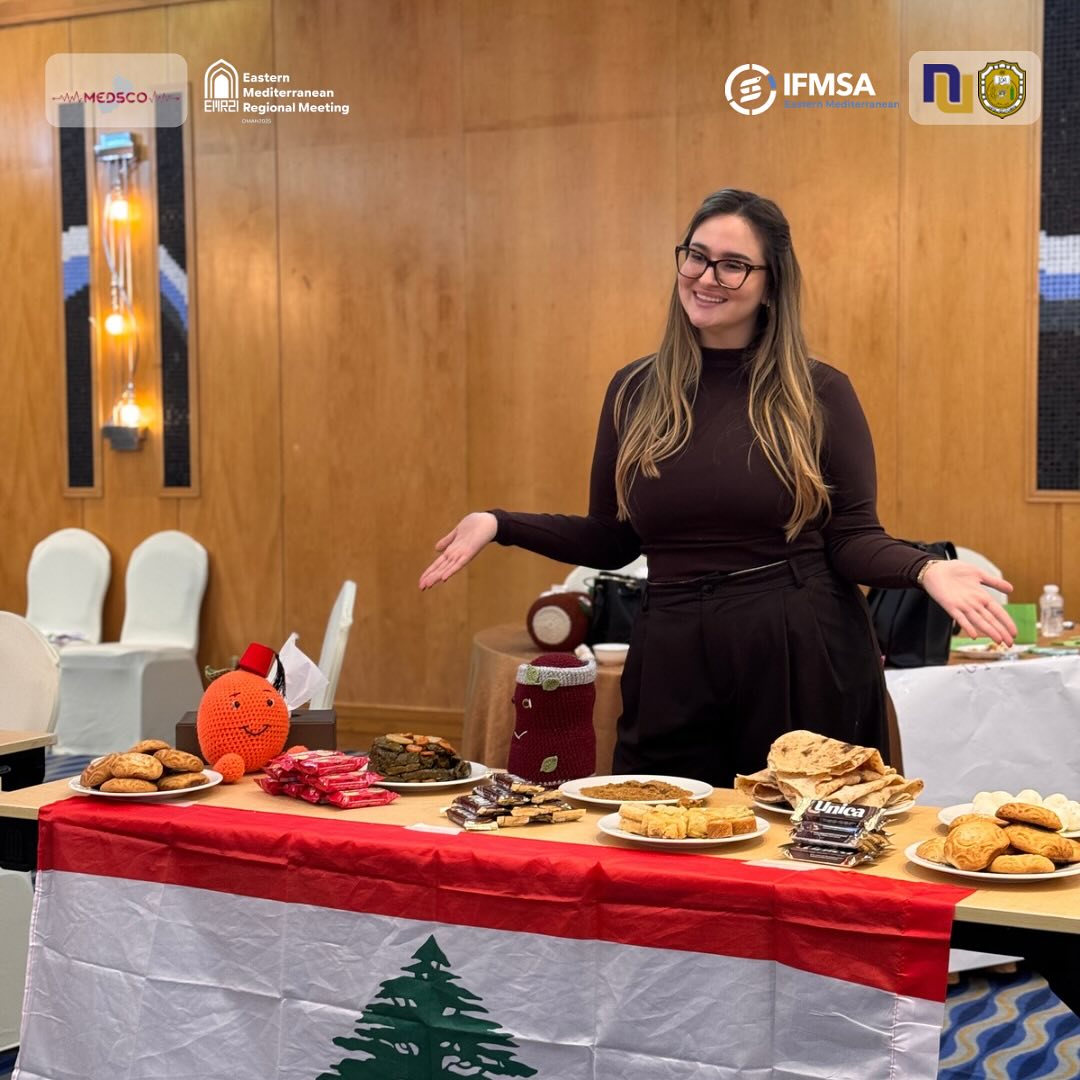
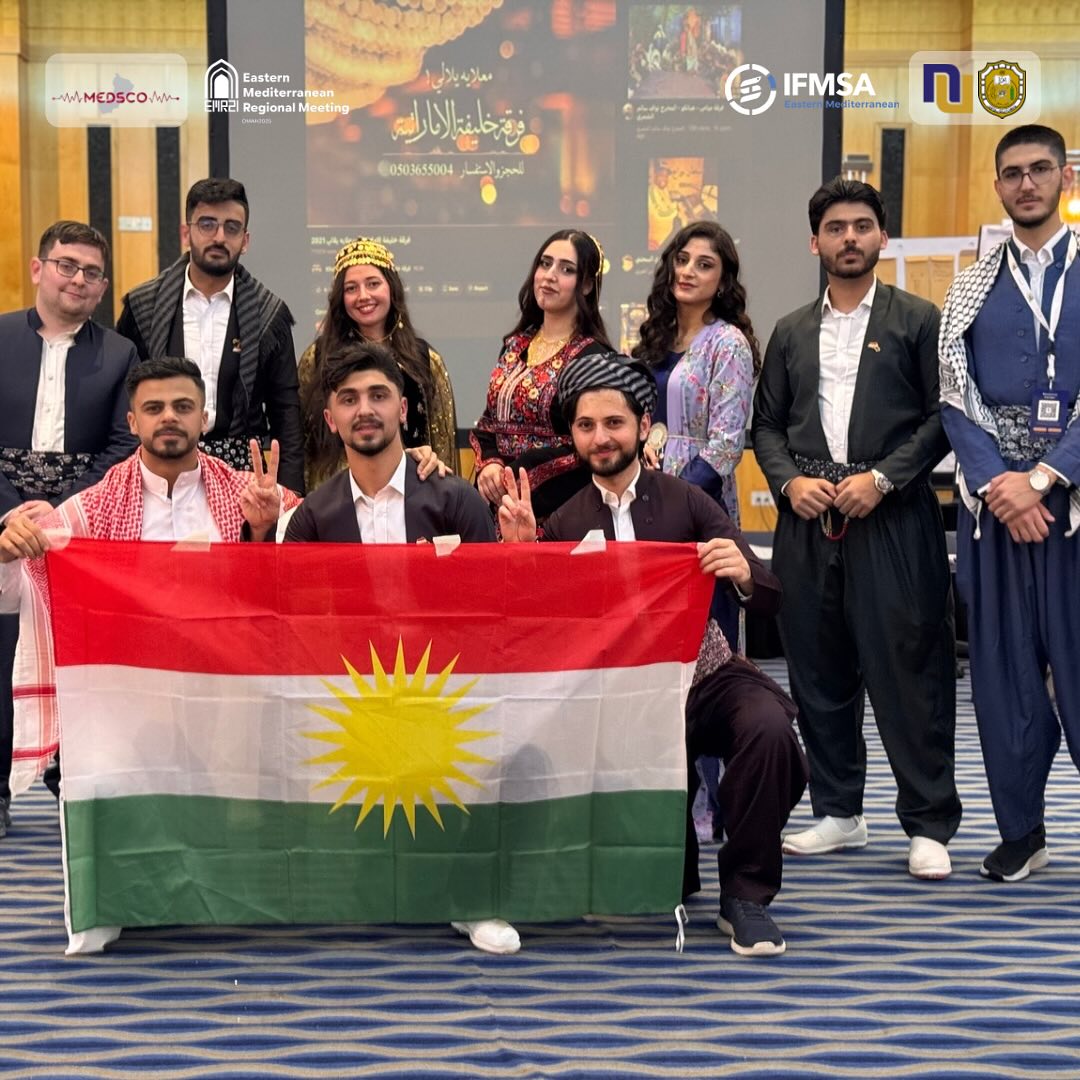

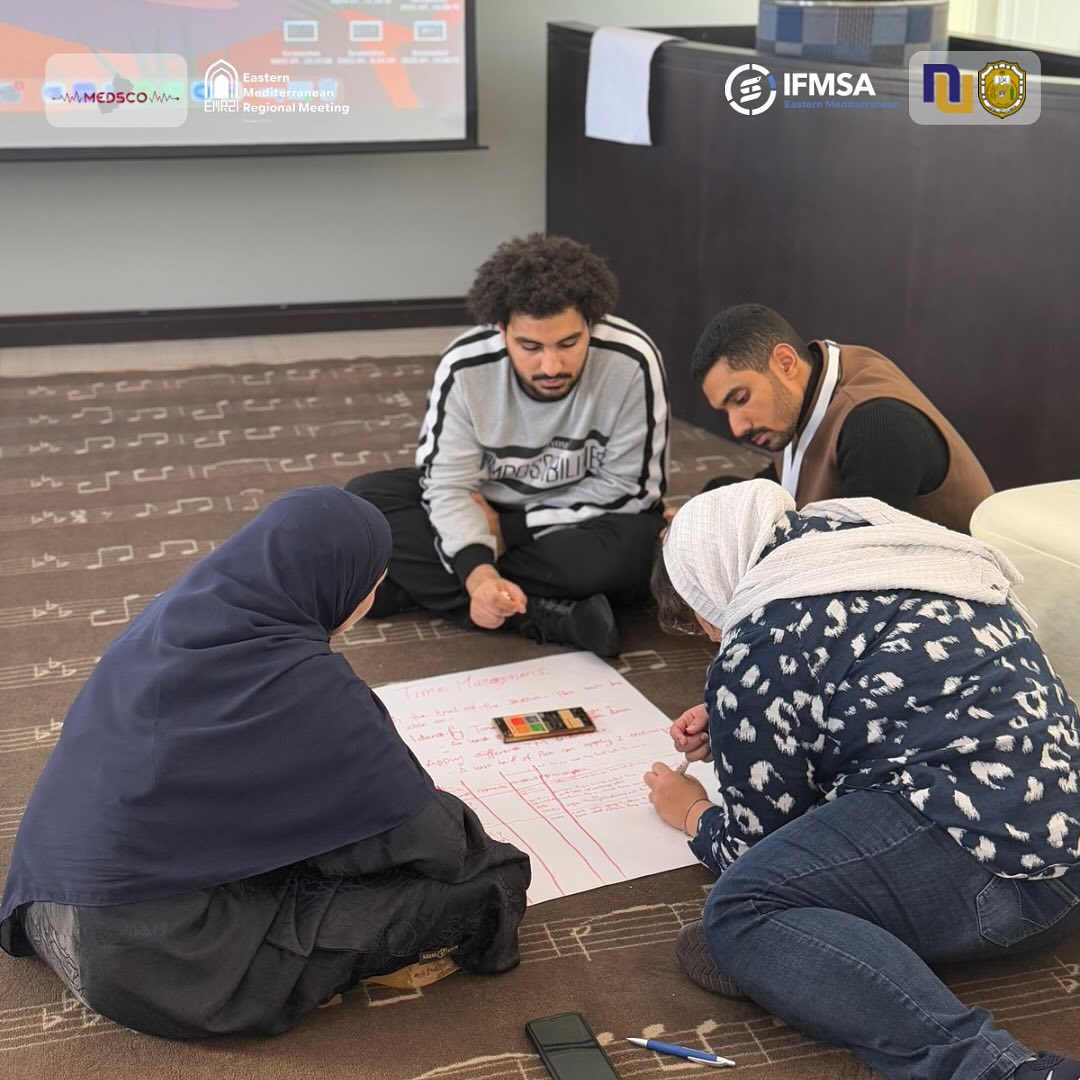
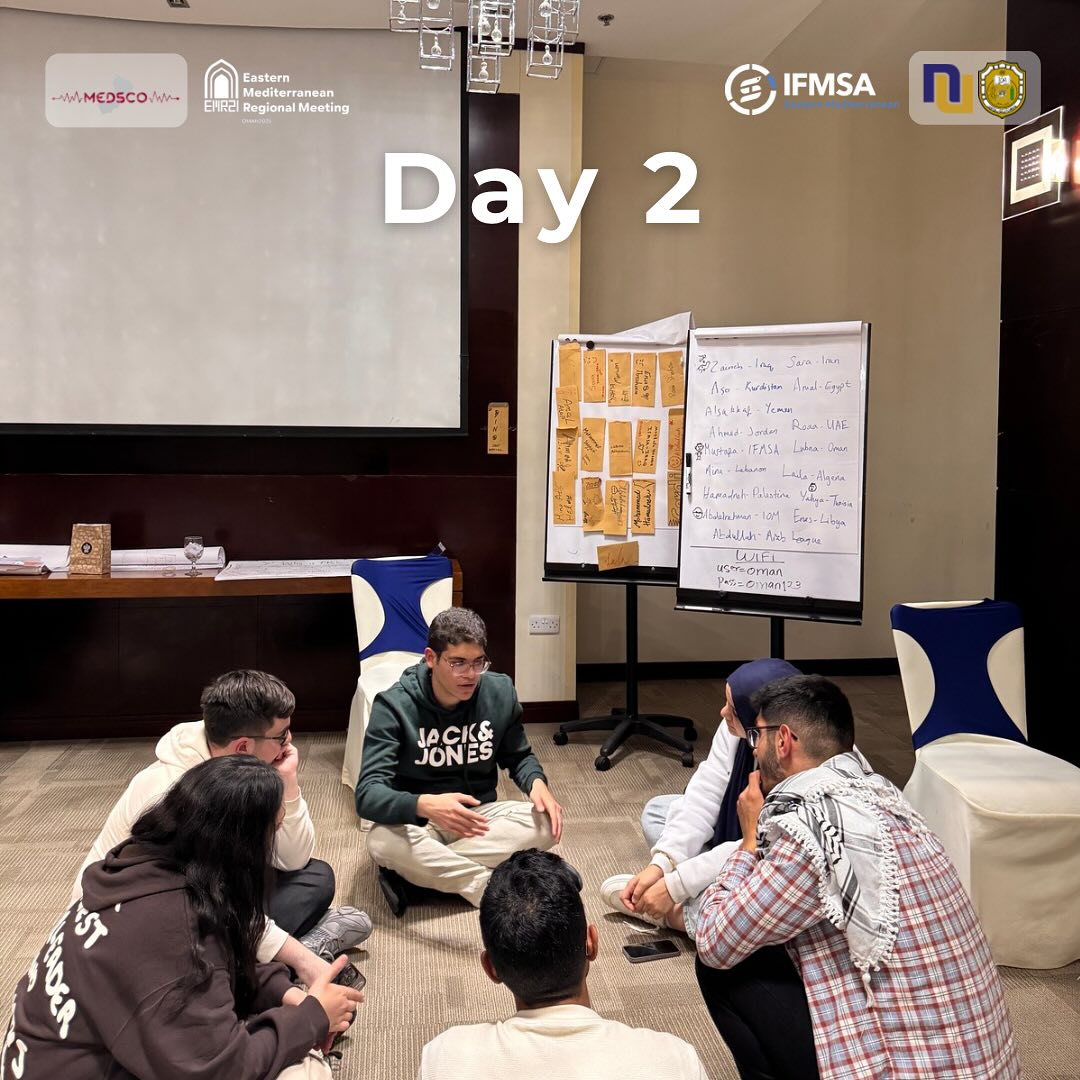
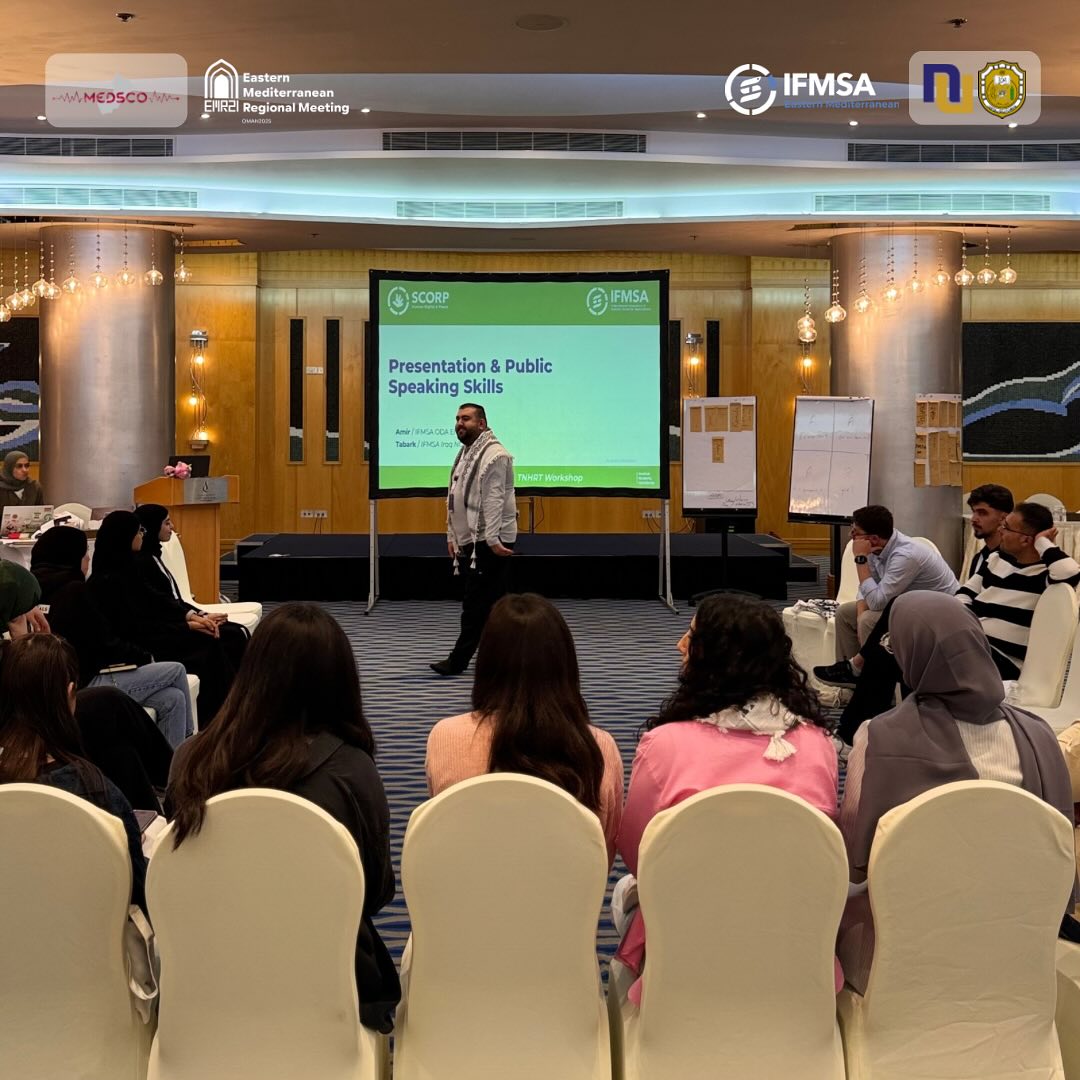
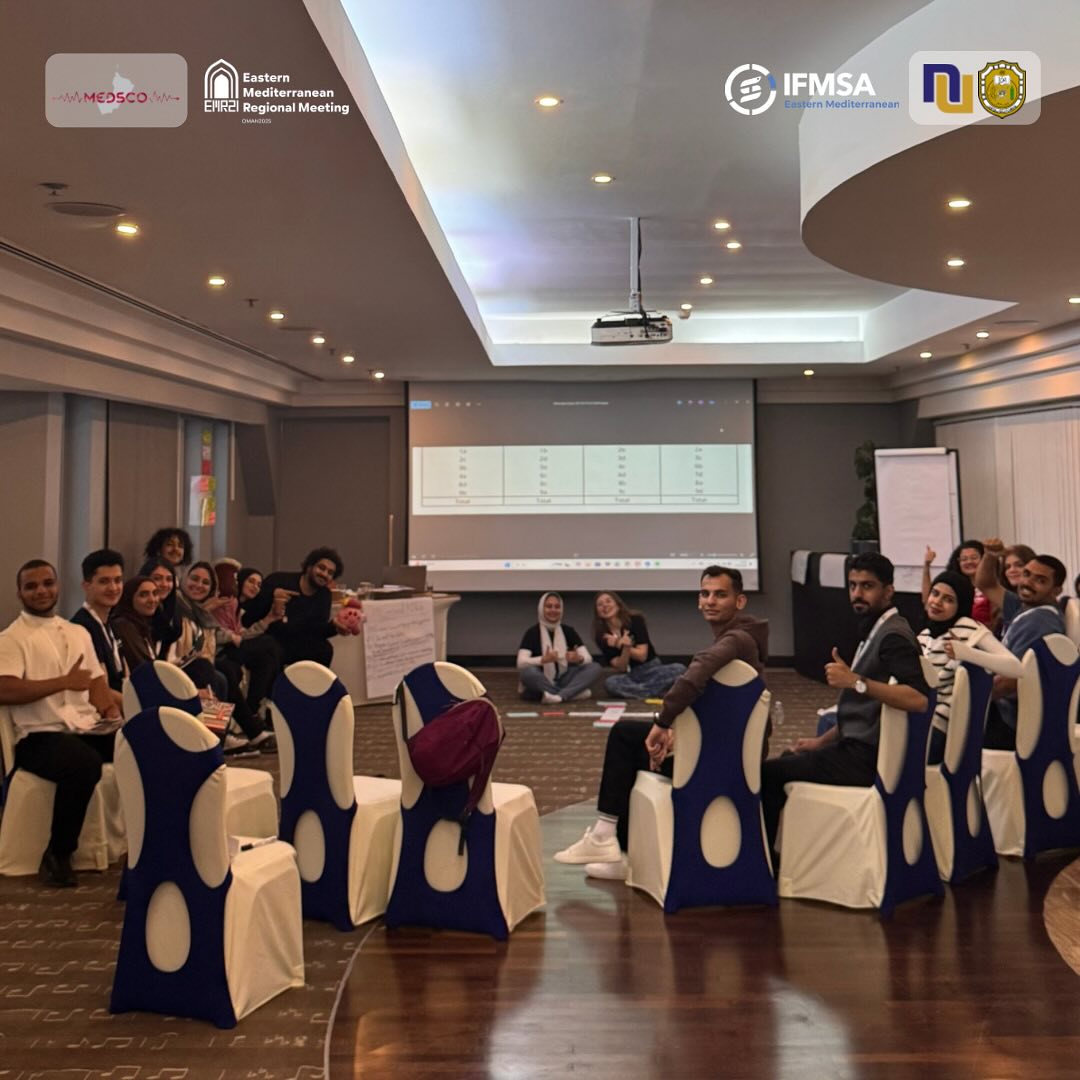
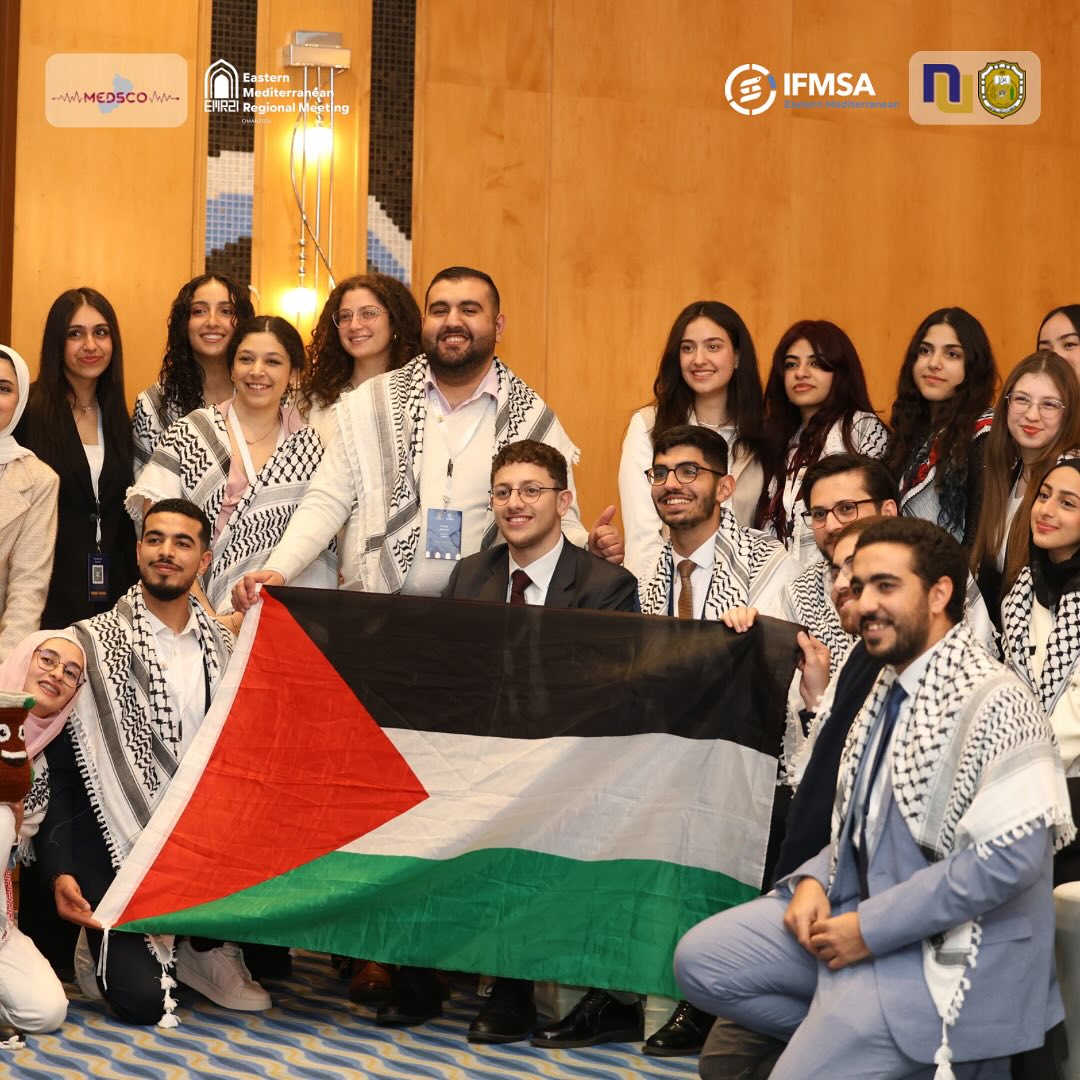
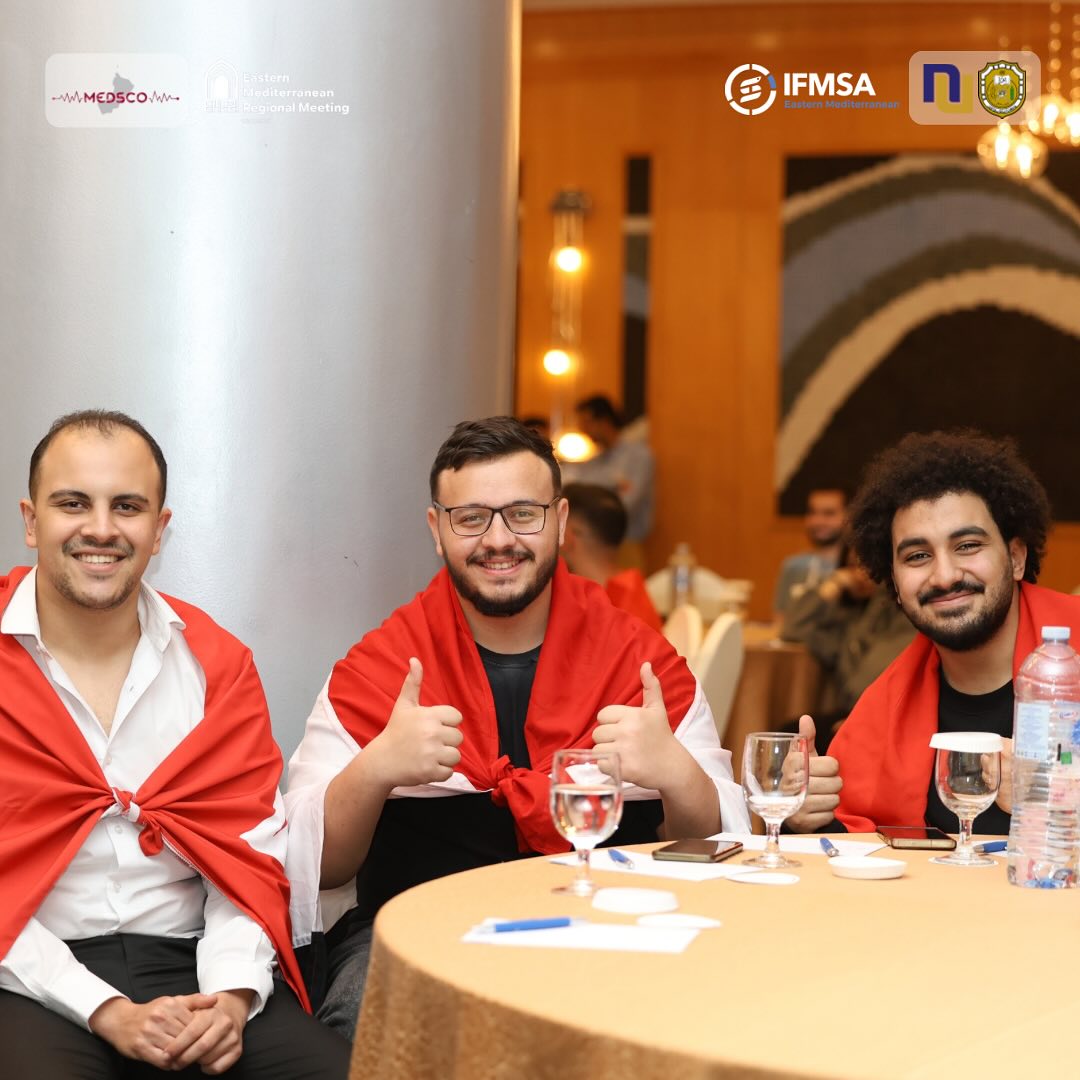
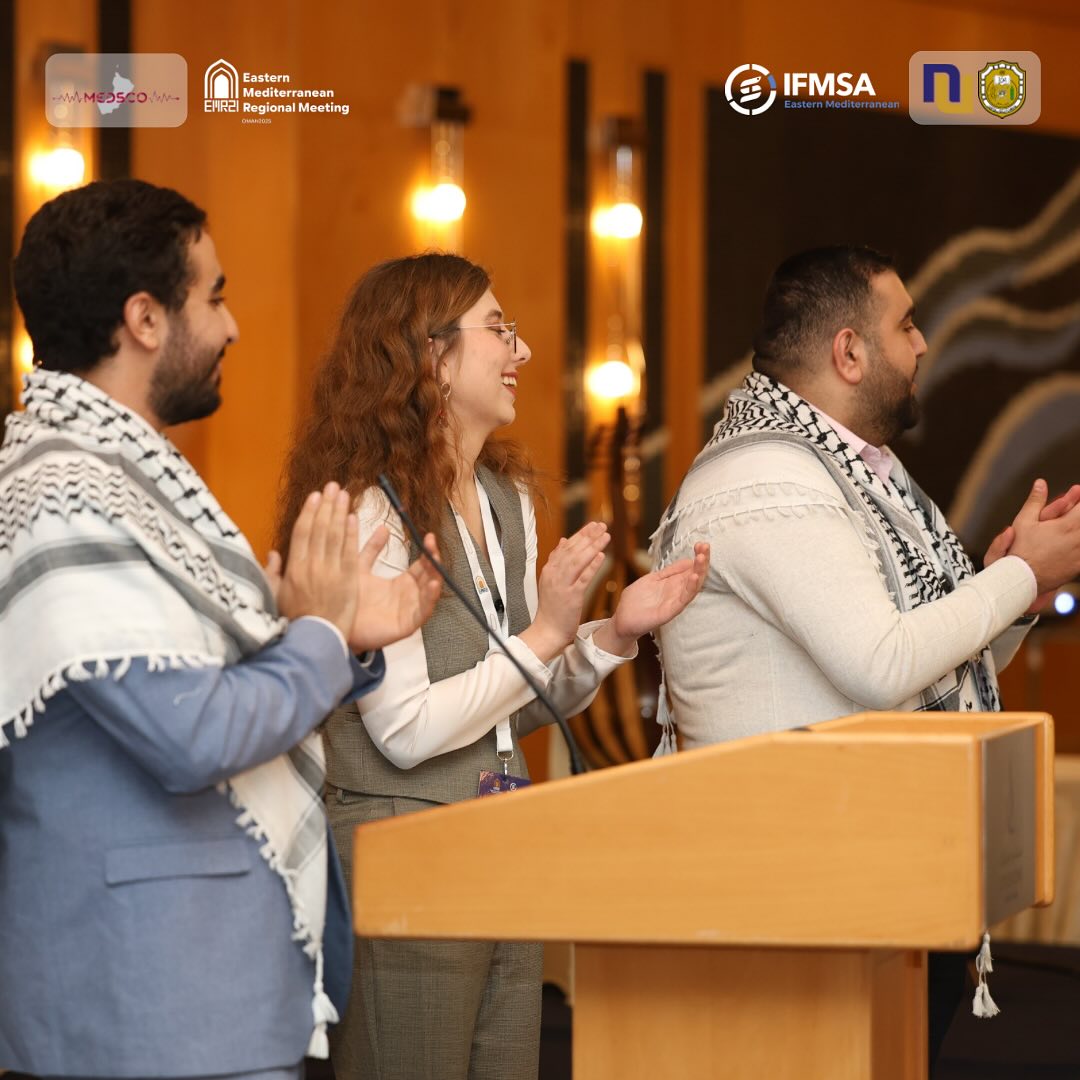
Subregional Trainings (SRTs)
Sub-Regional Trainings (SRTs) are dynamic capacity-building events that bring together medical students from a specific region or sub-region. We use SRTs as a tool to strengthen skills, build leadership, and create a community of well-trained, motivated healthcare advocates.
Each SRT includes specialized workshops and interactive sessions tailored to the needs of the participants and the realities of our region. These events allow students to learn, collaborate, and develop their potential in a focused, supportive environment.
Motivate participants and make them feel part of the IFMSA
Share experiences, projects, and problem solving techniques
Deliver trainings in different topics
Work together to solve problems that officers might encounter through SWGs
Find out ways of collaboration with the rest of the NMOs in the region
Provide the members with further information about the IFMSA and the participating NMOs
Have lots of fun!
Not every member has the opportunity to attend an IFMSA General Assembly or Regional Meeting due to delegation limits, financial barriers, or academic obligations. SRTs provide an accessible and impactful alternative for capacity building at the regional level.
They also allow countries in the same sub-region, who often face similar healthcare and advocacy challenges, to come together, share experiences, and develop common strategies to improve health outcomes.
We provide a variety of workshops and trainings, including but not limited to:
TNT – Training New Trainers
TPHT – Training Public Health Trainers
HRMP – Human Rights for Medical Practitioners
TMET – Training Medical Education Trainers
AMET – Advocacy in Medical Education Training
PRET – Professional and Research Exchange Training
Ipas – Women’s Reproductive Health and Access to Safe Abortion
IPET – International Peer Education Training
GHA – Global Health Advocacy
TNHRT – Training New Human Rights Trainers
ITDM – Disaster Medicine
TNET – New Exchange Trainers
TSRHRT – SRHR Trainers
TNRT – New Research Trainers
PRACT – Public Relations Advocacy & Communication
ITHRE – Human Rights Education
SMART
Sub-Regional Trainings (SRTs) like other IFMSA Activities are organized by an Organizing Committee (OC) within a National Member Organization (NMO) that volunteers to find board and lodging, to coordinate the trainings, Small Working Groups (SWGs), and workshops, and to organize a social program for all participants. The main objective of these programs is to improve the work of IFMSA in the region.
Responsibilities of SRT Hosts:
- Selecting relevant workshops and certified trainers
- Providing accommodation, logistics, and social programs
- Designing the training agenda with impact in mind
- Ensuring a welcoming, inclusive learning space
- Promoting the event and facilitating participant selection
We work closely with the IFMSA capacity-building team to make each SRT professional, educational, and unforgettable.
From March 16 to 19, 2023, Associa-Med proudly hosted the Tunisian Training Camp, a successful Subregional Training that welcomed participants from across the region.
Workshops Delivered:
TPHT – Training Public Health Trainers
TNT – Training New Trainers
HRMP – Human Rights for Medical Practitioners
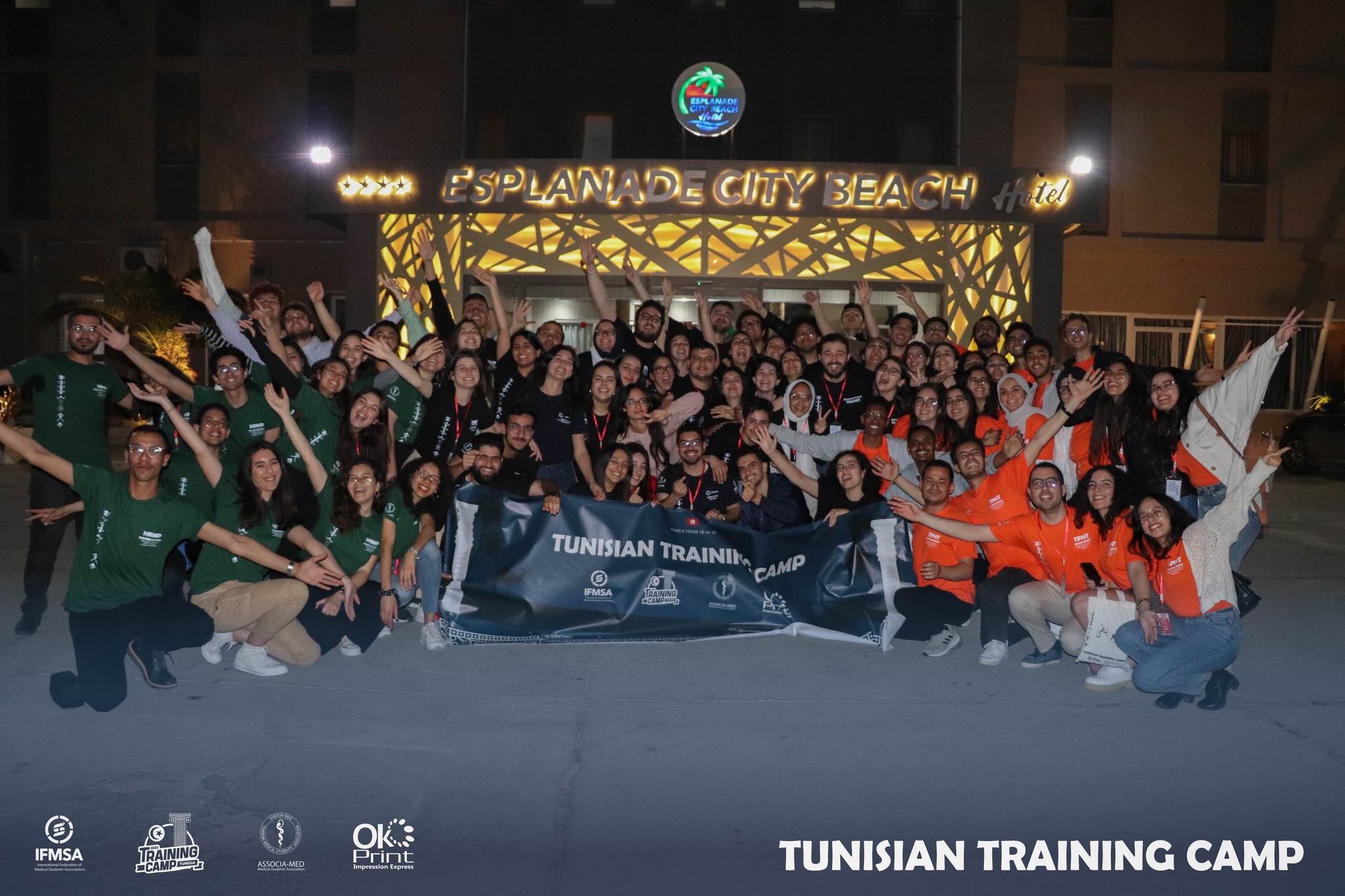
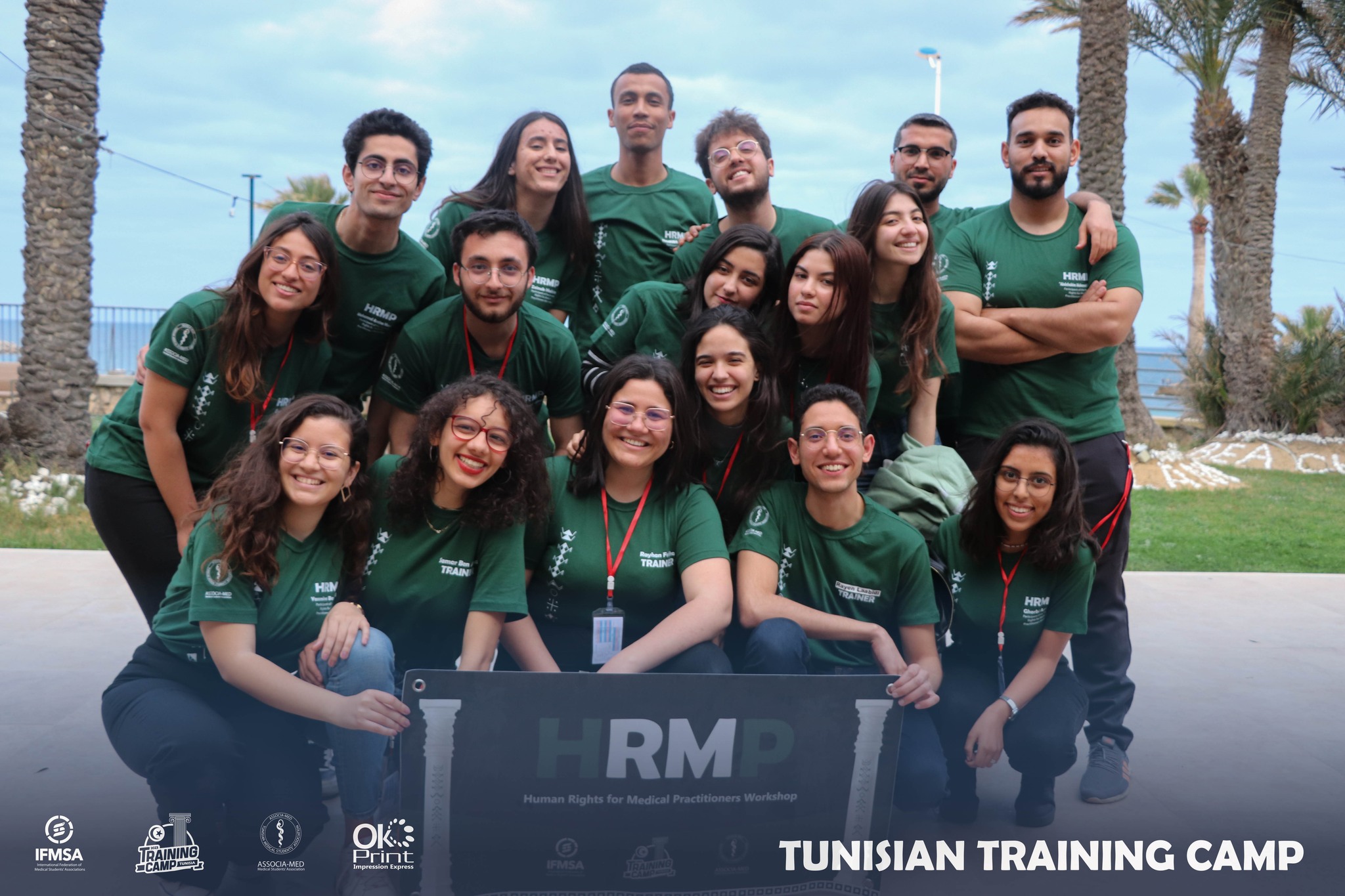
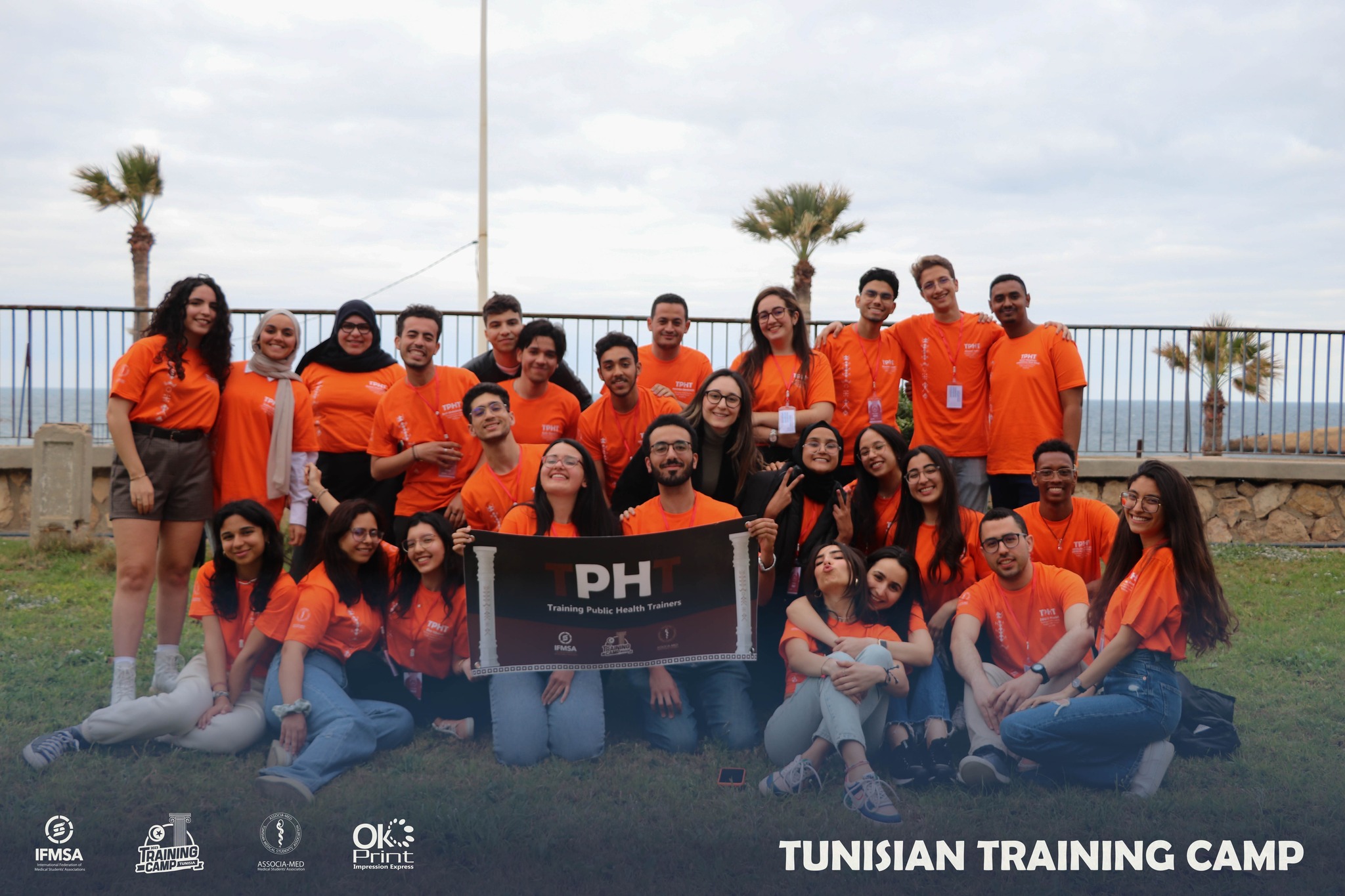
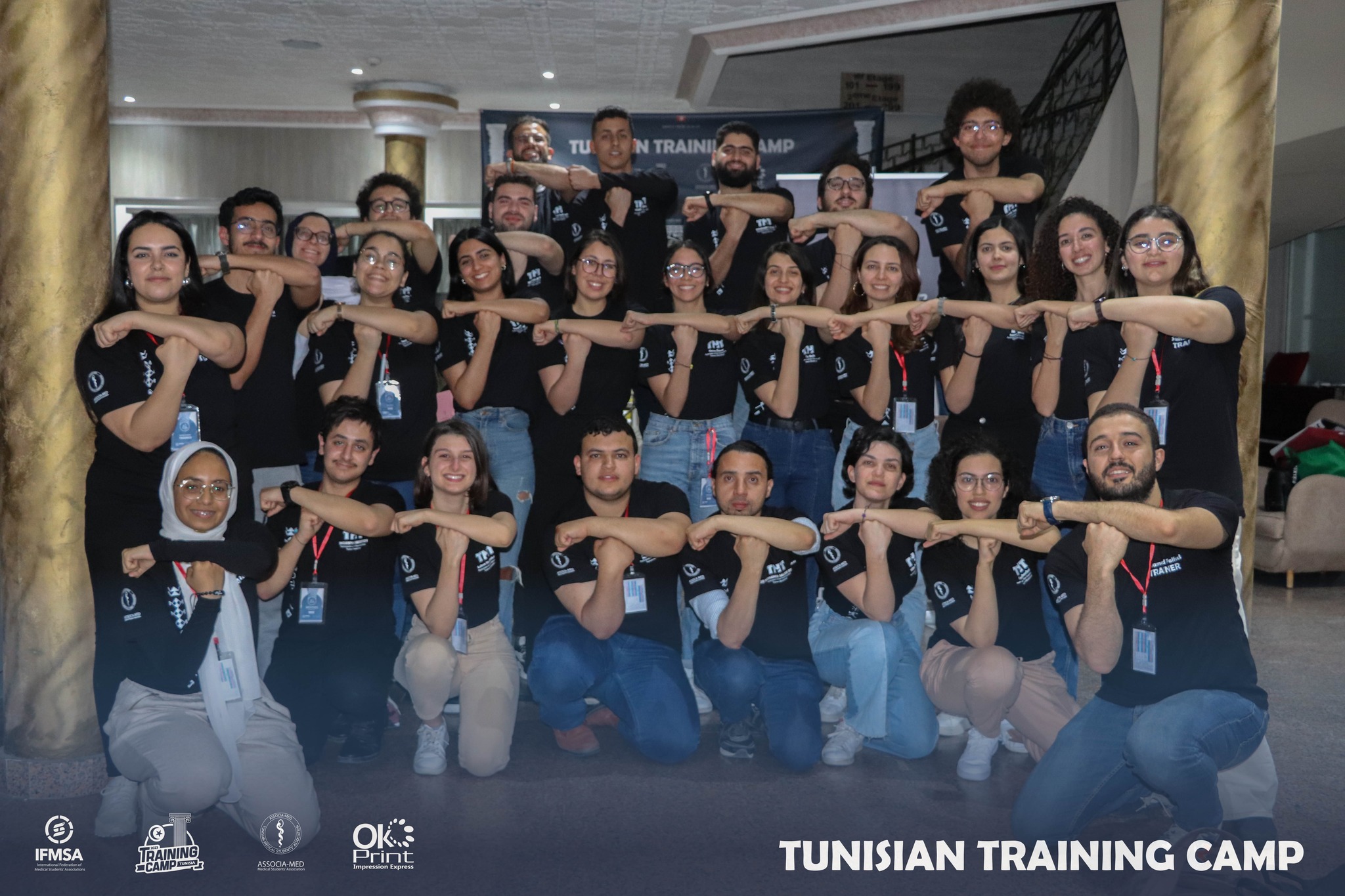
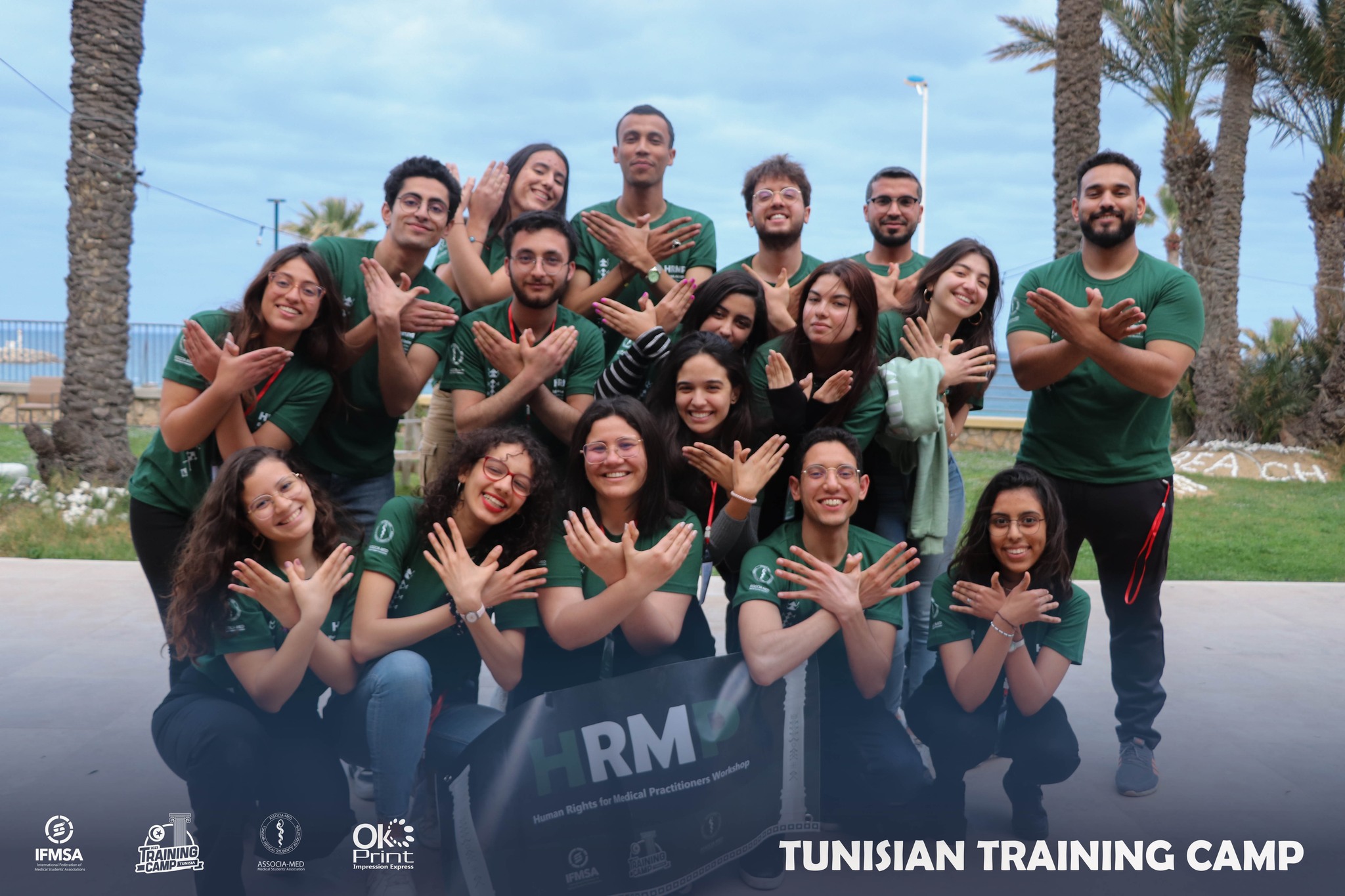
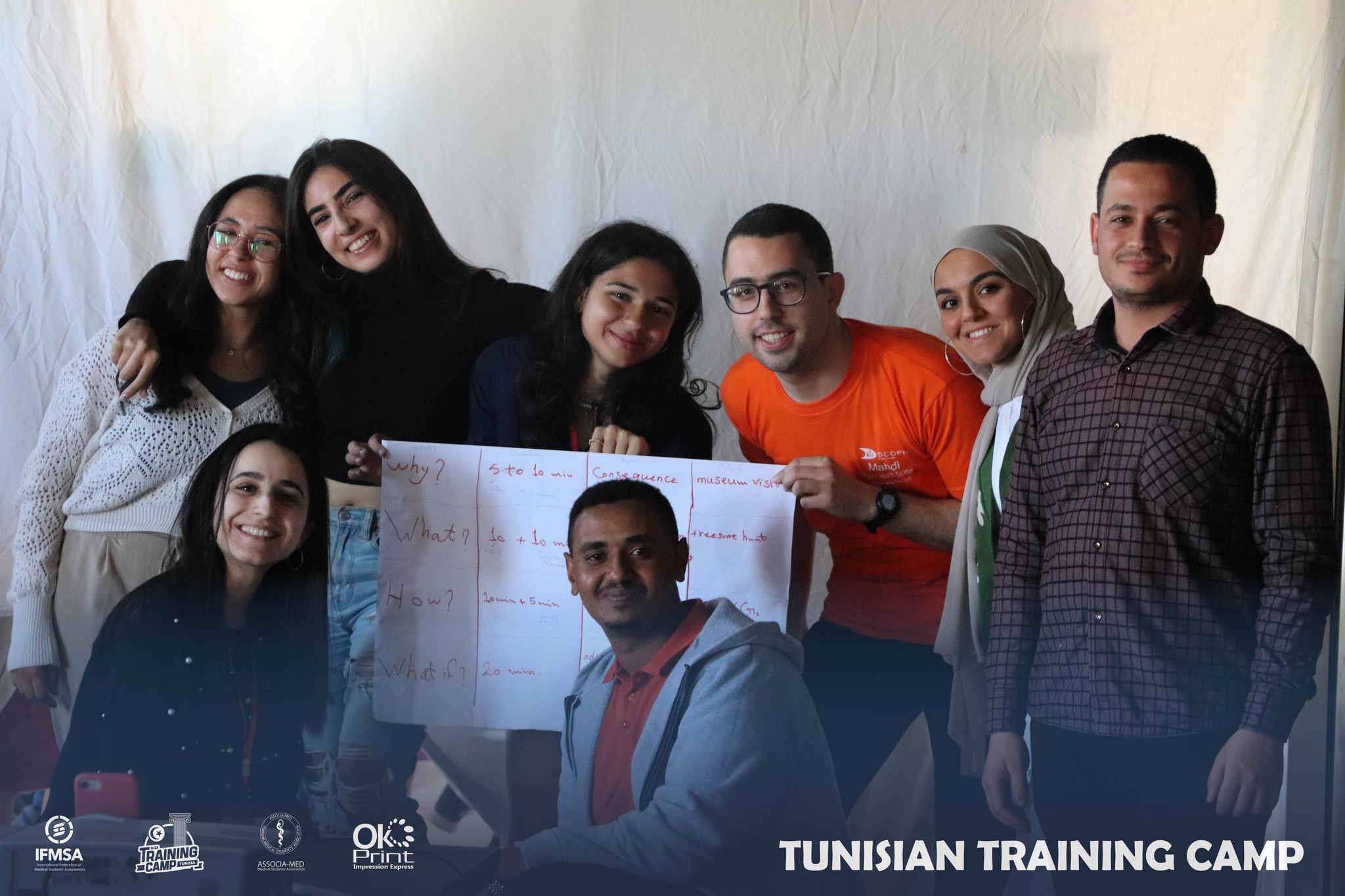
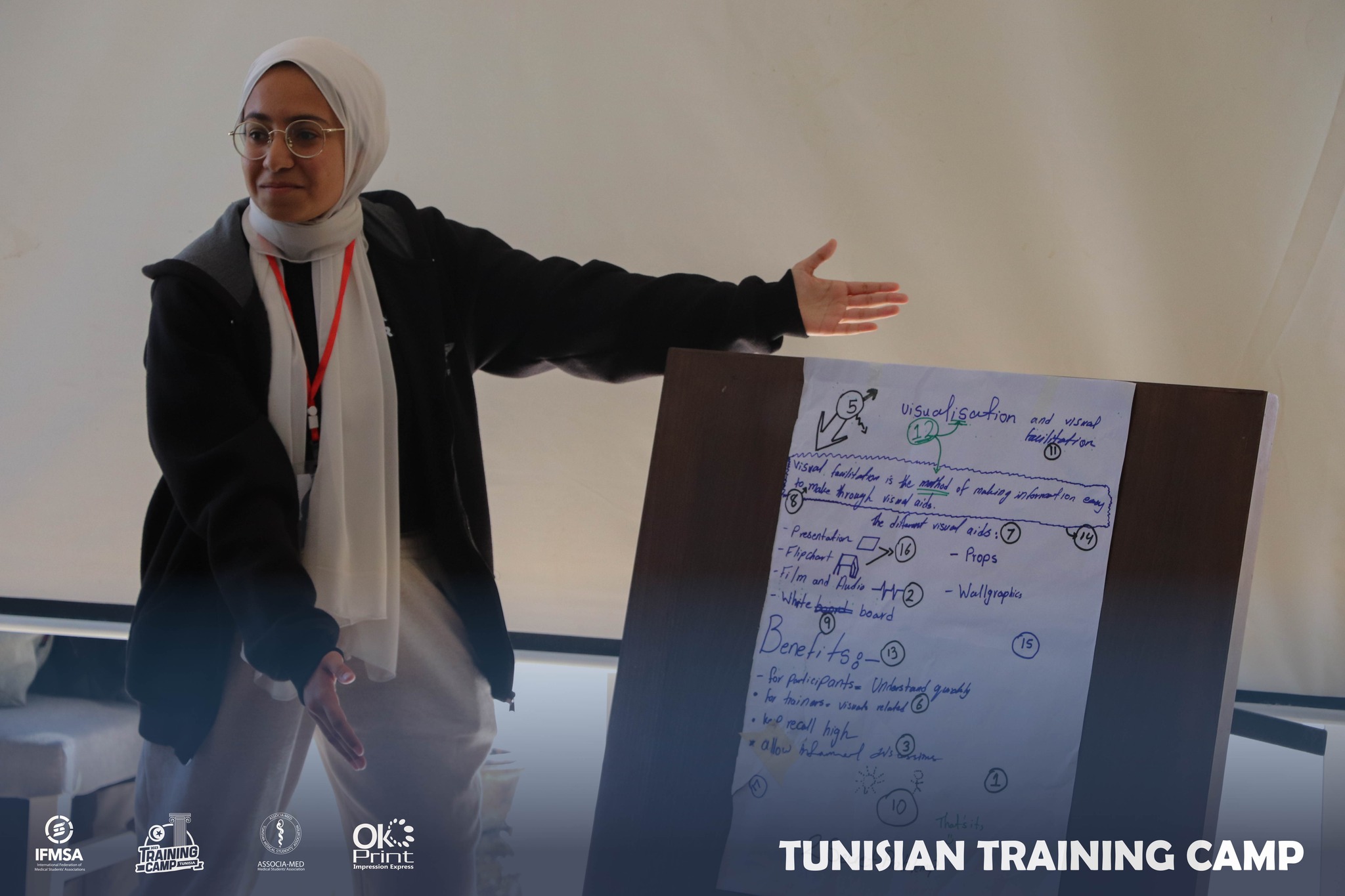
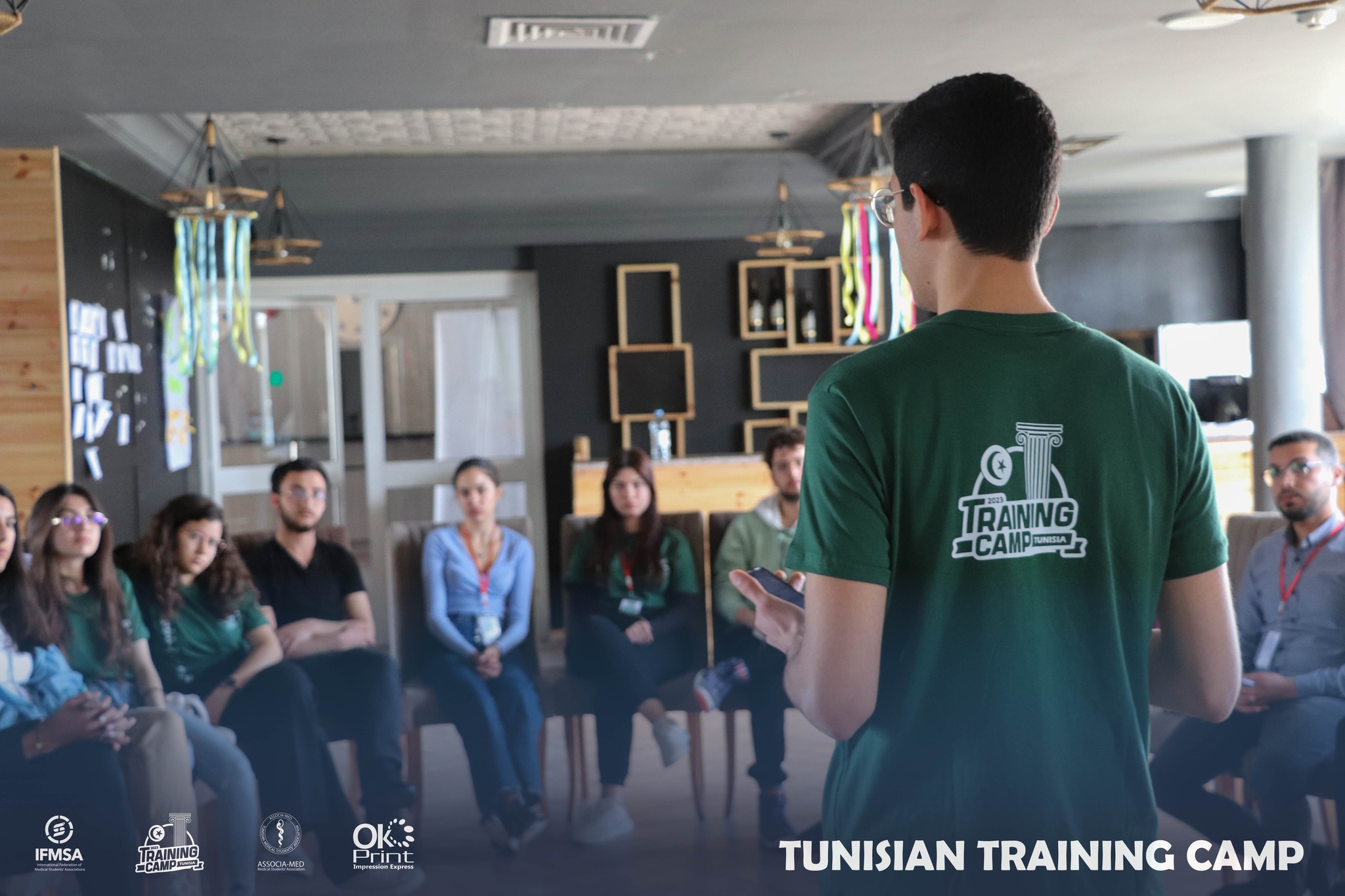
International IFMSA Camps
Beyond traditional meetings and trainings, IFMSA organizes various international camps, offering unique and immersive learning experiences focused on specific subjects. These camps bring together medical students from around the world to delve deeper into specialized areas of global health and medical science.
These camps cover a wide range of topics, from public health and research to human rights and medical education. Each year, National Member Organizations (NMOs) have the opportunity to bid to host these enriching events, fostering international collaboration and local capacity building.
Associa-Med Hosted: International Research Camp 2024
Associa-Med proudly hosted the International Research Camp in 2024. This event brought together students passionate about medical research, providing them with advanced training, networking opportunities, and a platform to collaborate on innovative research projects.
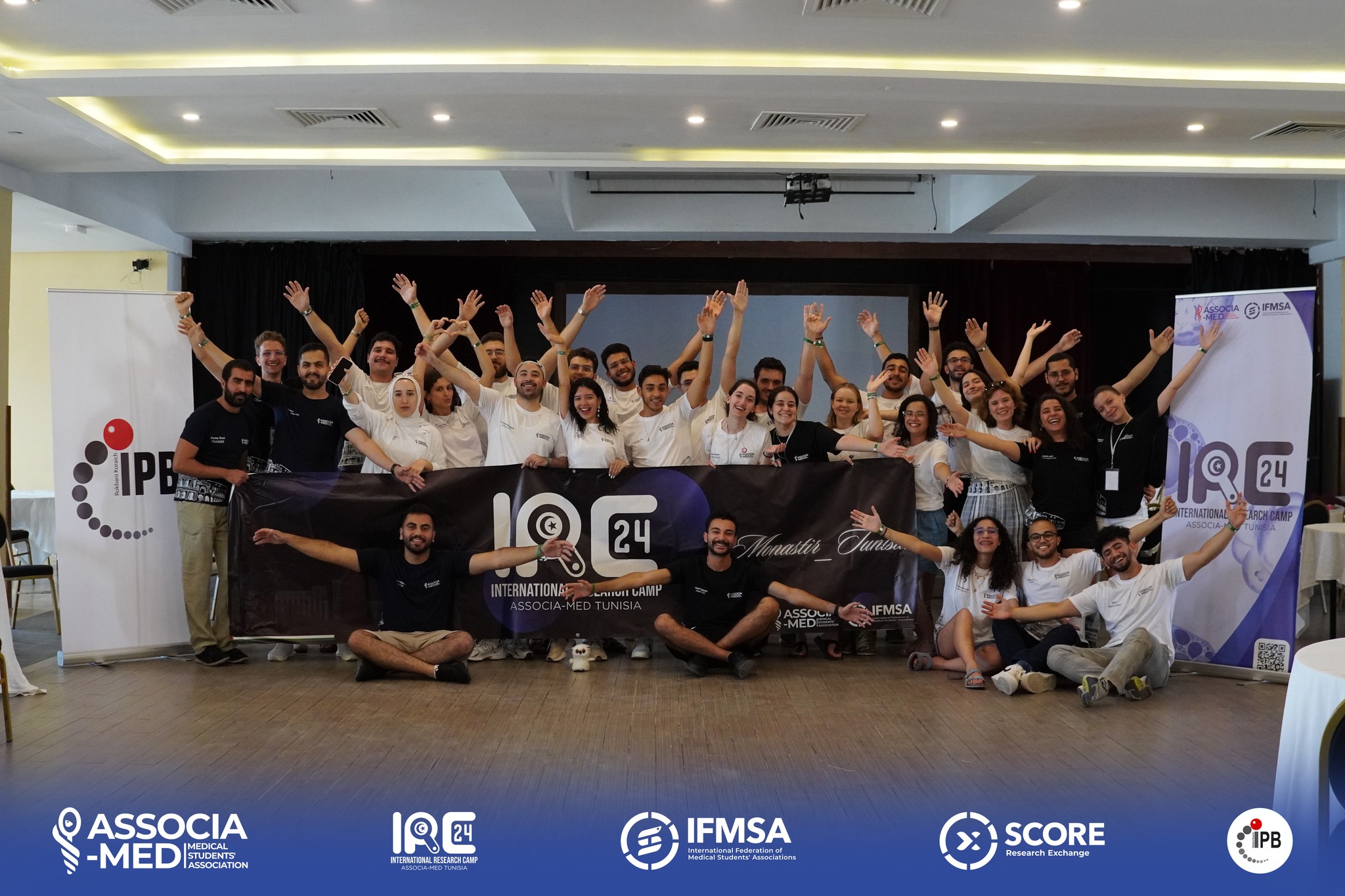
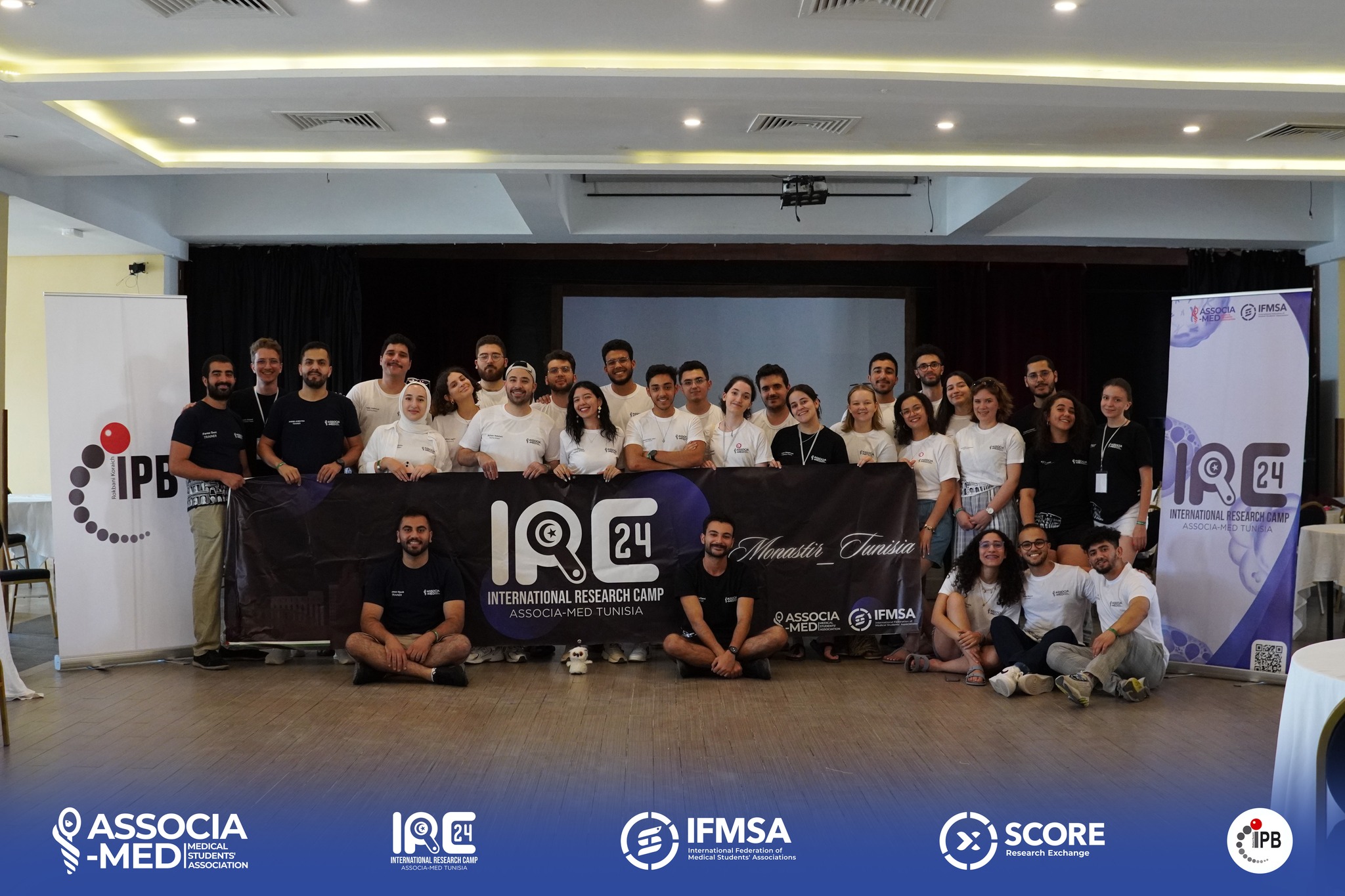
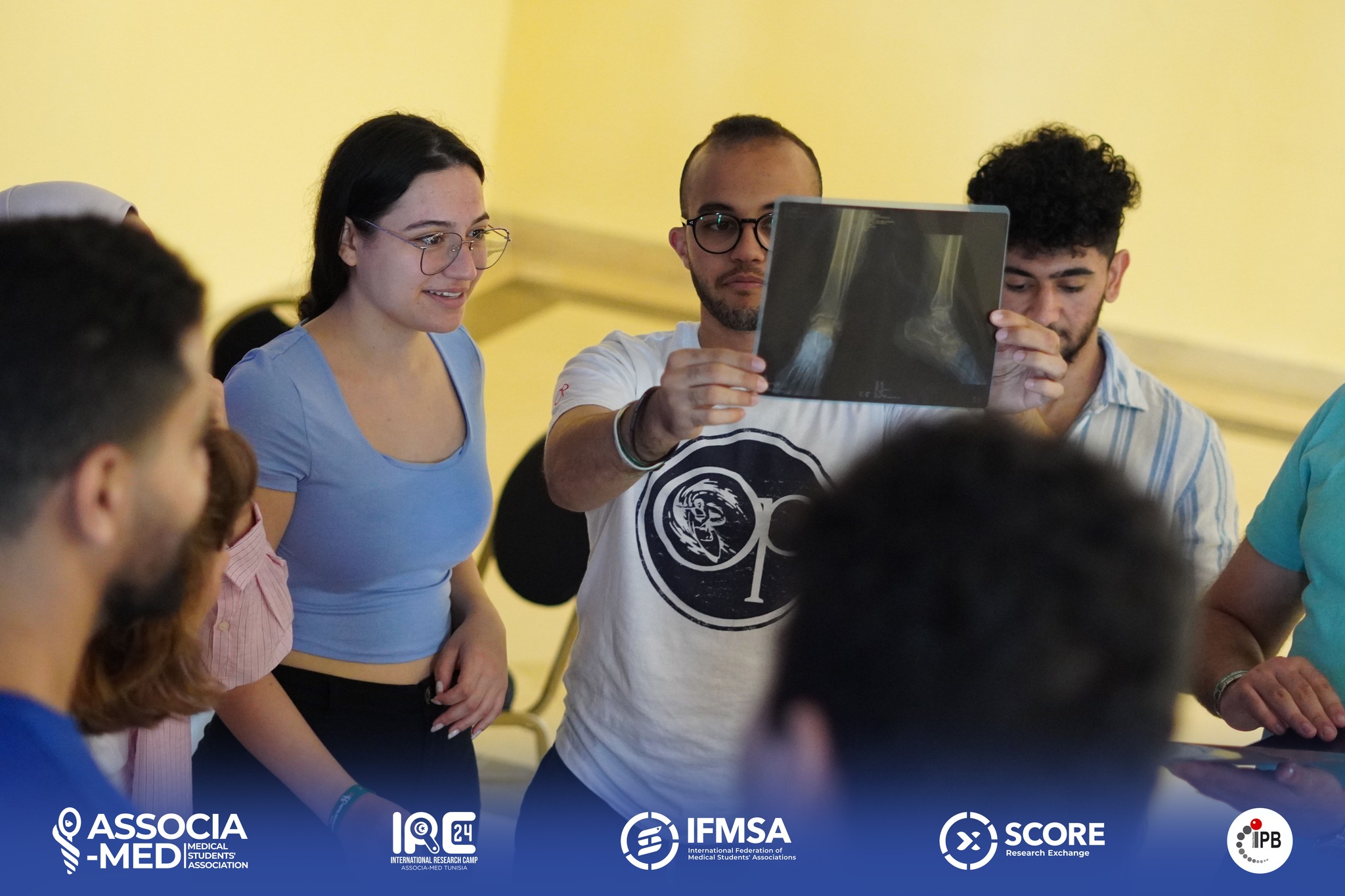
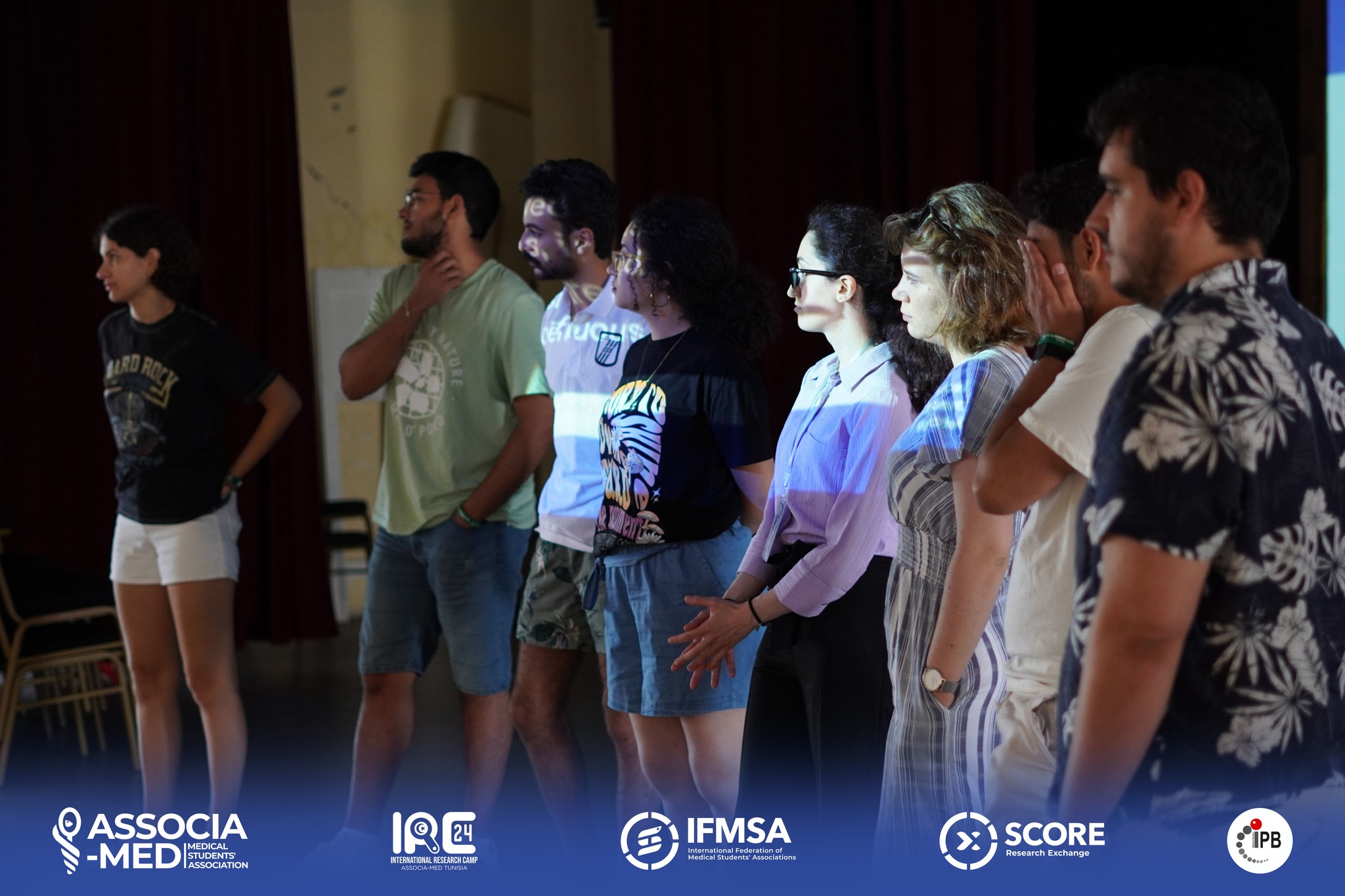
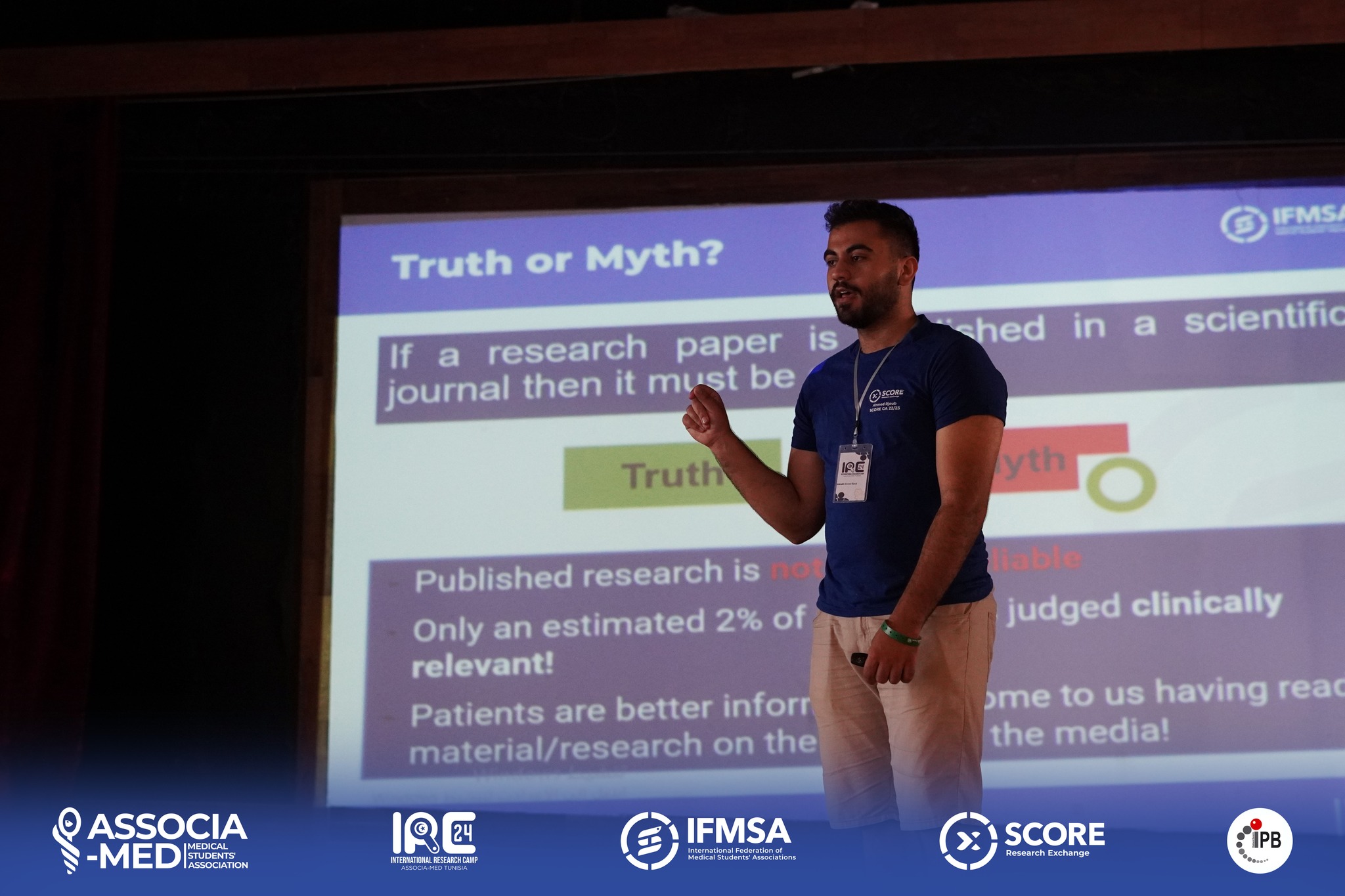
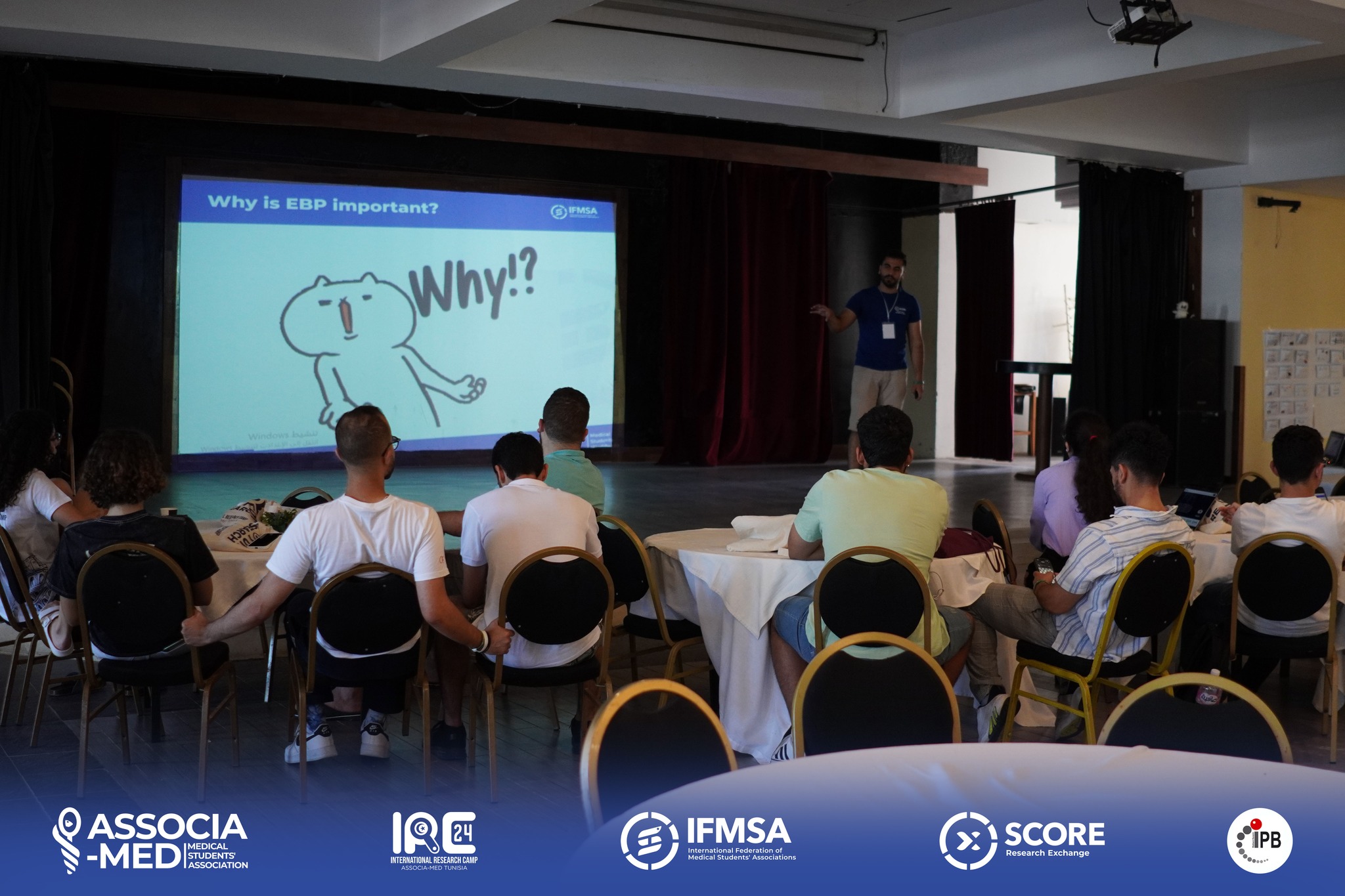
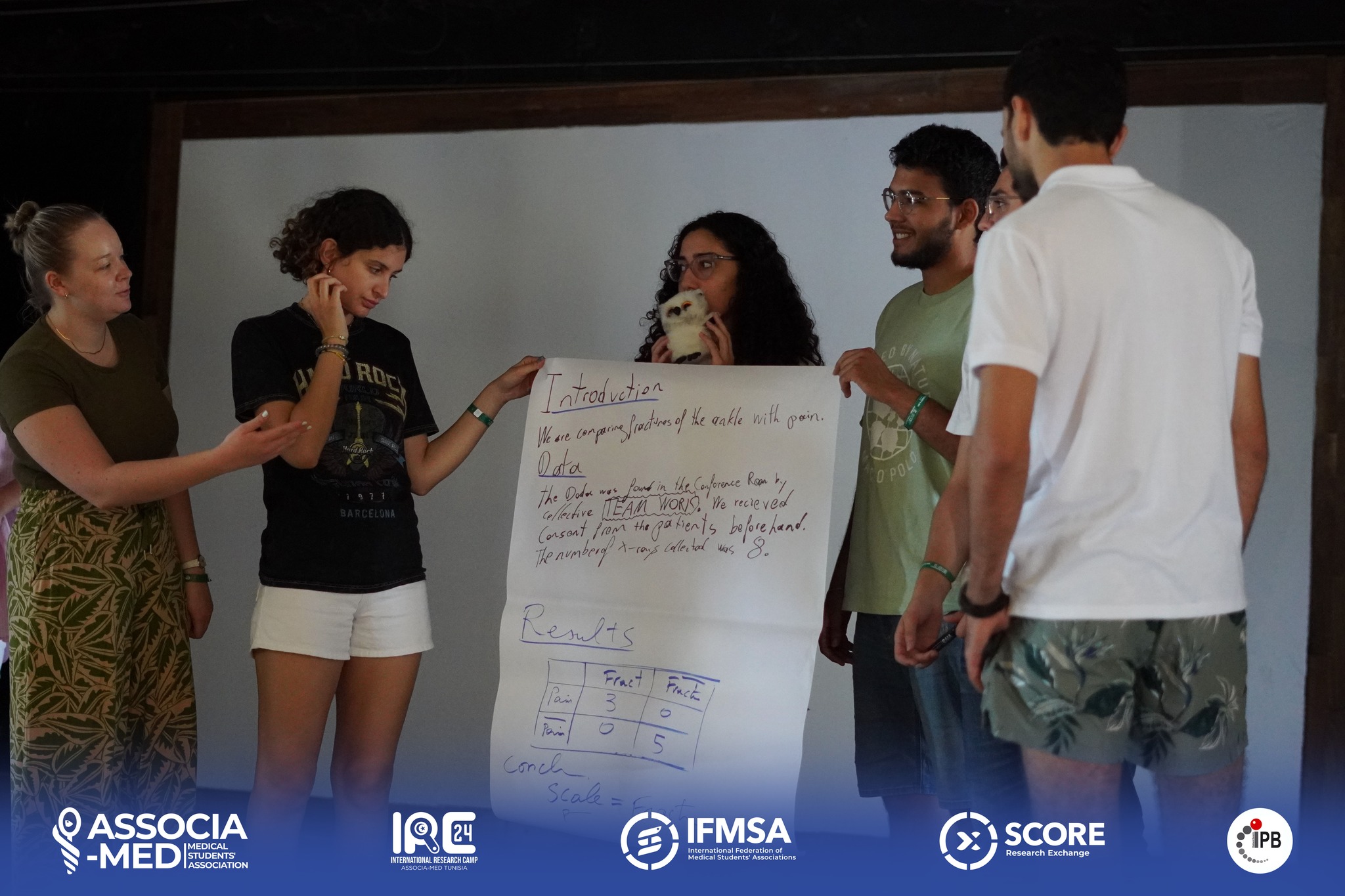
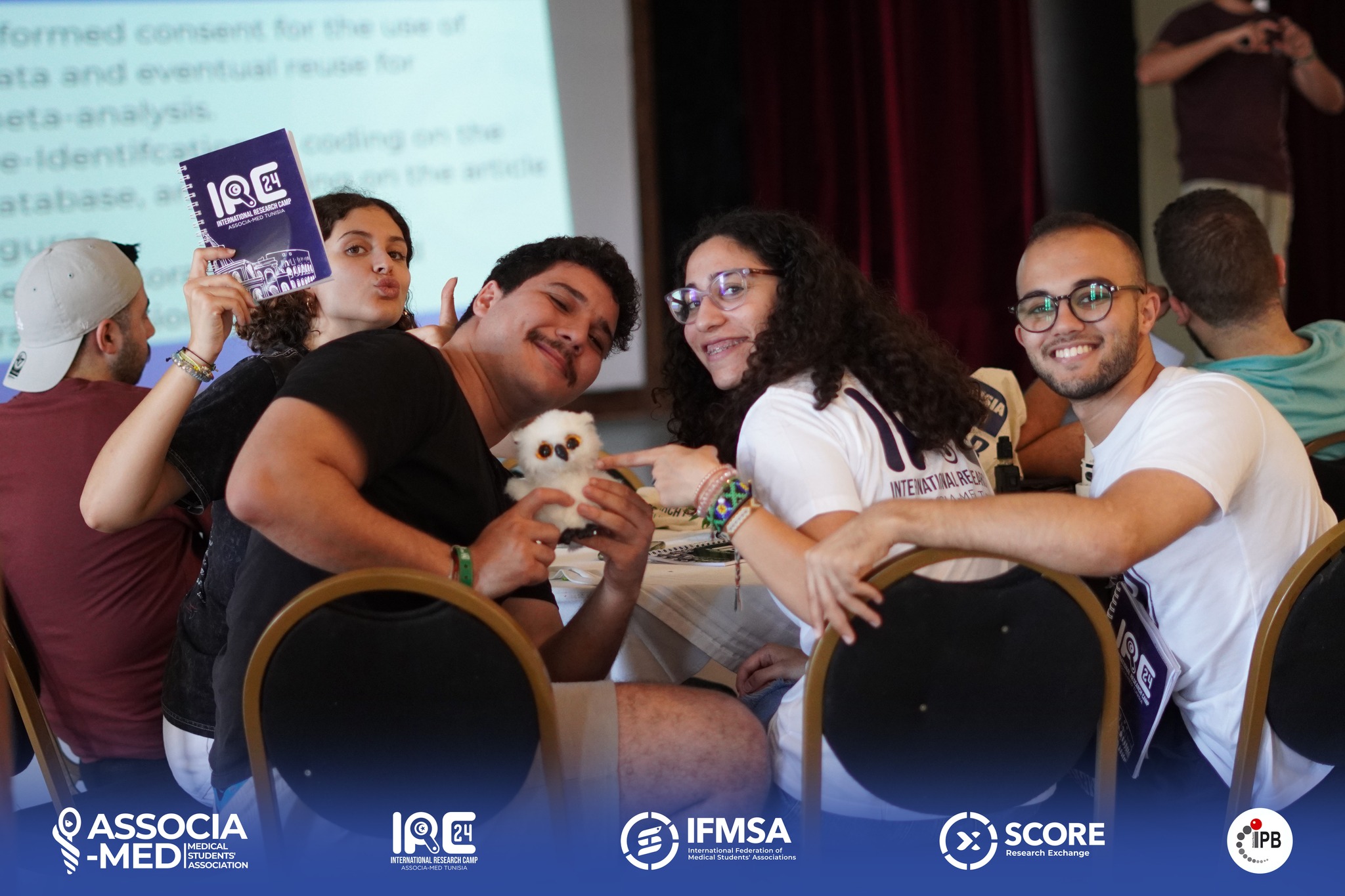
International IFMSA Camps are an excellent way for students to gain specialized knowledge, develop practical skills, and connect with peers and experts in their fields of interest on a global scale.
Team of Officials Meetings (TOM)
The Team of Officials Meetings (TOMs) are crucial internal gatherings of IFMSA, held every couple of months. These meetings provide an essential platform for the Officials to convene, discuss, and strategize on administrative and strategic matters pertinent to the Federation’s operations and future direction.
The agenda for the Team of Officials Meetings is developed by the Executive Board, with valuable input from other Officials. Medical students who are part of IFMSA National Member Organizations can attend these meetings as observers, provided they are selected through an application process.
Held after the August Meeting, serving as a face-to-face handover platform between the outgoing and incoming Team of Officials.
Takes place during the first days of the term in October. Its main purpose is team building and to help the Team of Officials define their guidelines, plan of action, working methods, and strategy for the year.
Happens in late December and/or early January. It serves as a checkpoint to assess team evolution and to commence preparations for the March Meeting.
Occurs just before the March Meeting, with its primary purpose being to finalize preparations for the March Meeting General Assembly.
Usually takes place in late April and/or early May. Officials often use this meeting to advance specific issues and provide the Federation with a concrete roadmap for continuous growth.
Has a similar model to TOM3, serving as the ideal opportunity to check any pending issues for the August Meeting General Assembly.
Associa-Med hosted TOM1 from September 30 to October 7, 2024
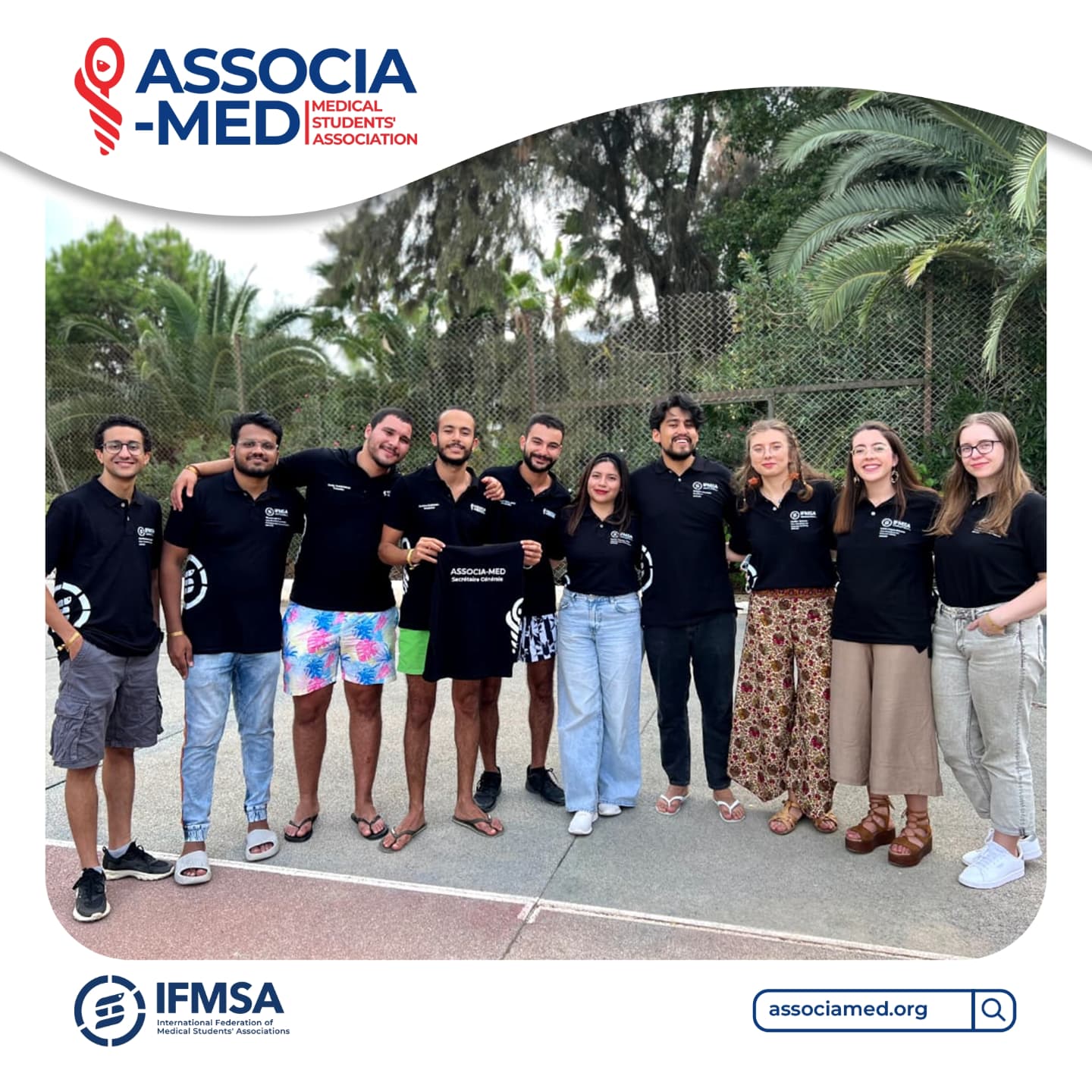
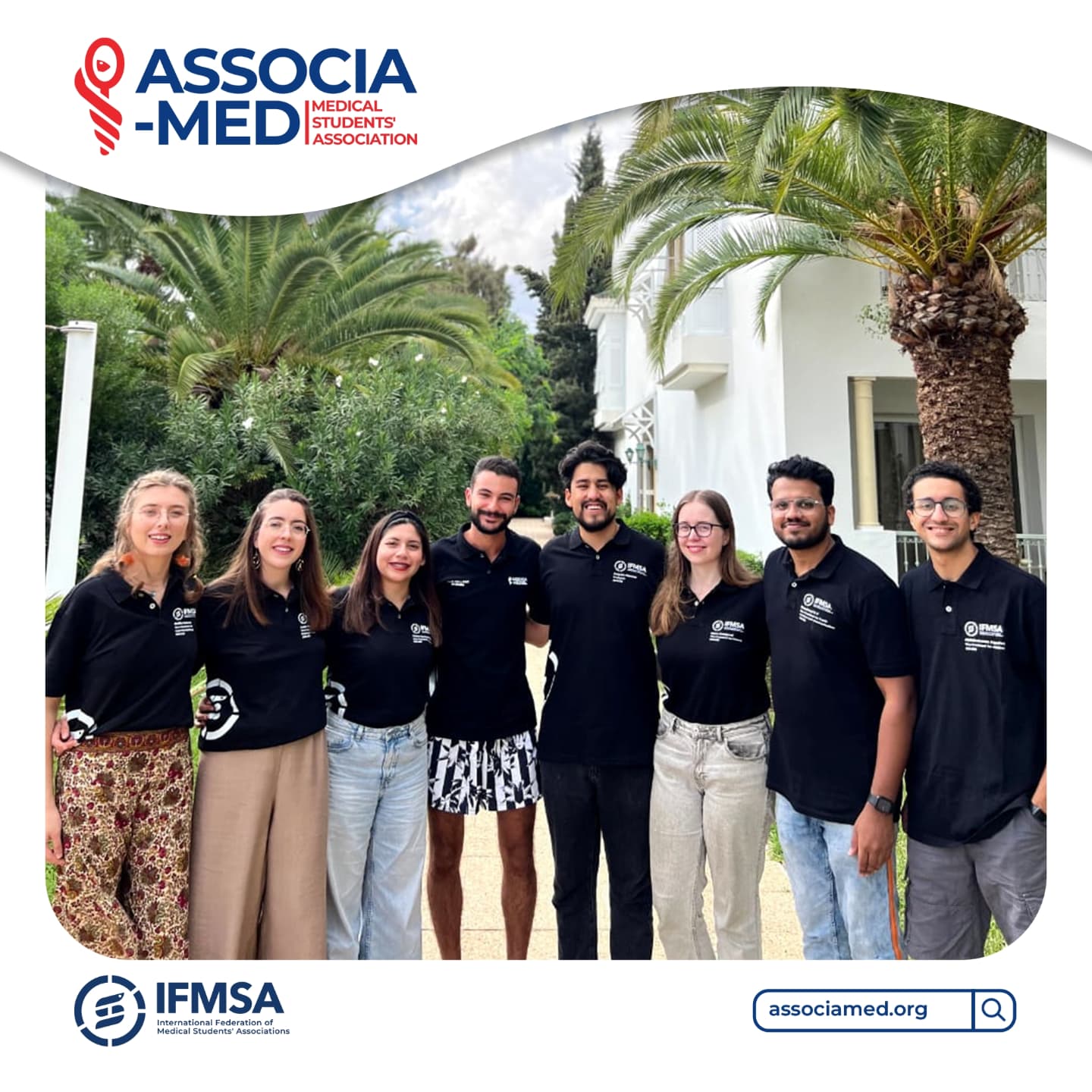
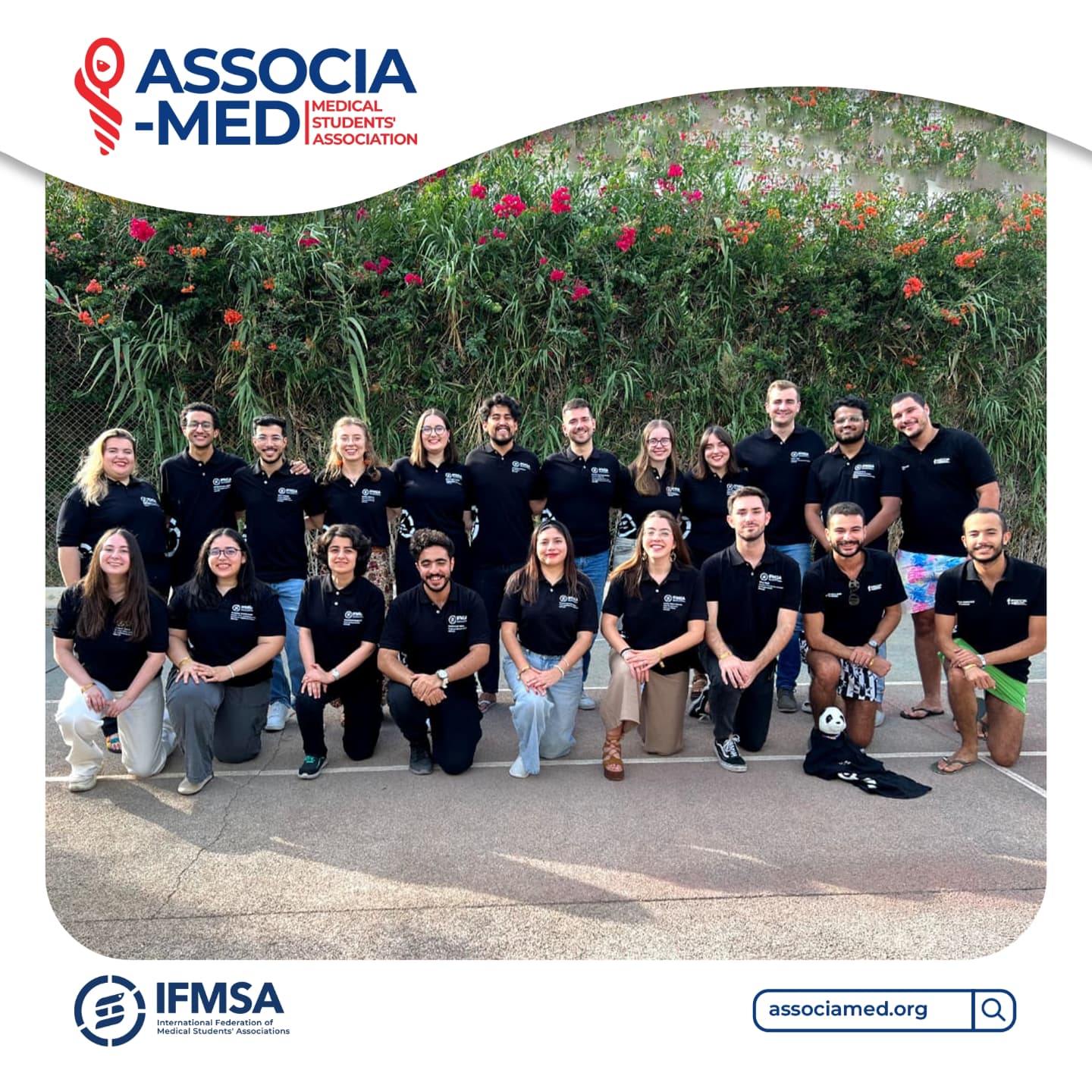
Leadership in IFMSA
IFMSA’s global impact stems from its robust leadership structure, driven by medical students dedicated to global health. This leadership ensures the Federation stays agile, responsive, and effective in achieving its mission.
IFMSA is ultimately guided by its National Member Organizations (NMOs). These NMOs actively participate in decision-making twice a year during the General Assemblies, where they elect the Team of Officials to lead the Federation’s work throughout the year. This team is supported by a Supervising Council and appoints various international coordinators and assistants.
National Member
Organizations (NMOs)
The foundation of IFMSA. NMOs are medical student associations in individual countries that vote on key decisions and elect leaders at the General Assemblies.
General Assemblies
(GAs)
These bi-annual meetings are where NMOs convene to make major decisions, set strategic directions, and elect the IFMSA leadership.
Understanding the Leadership Structure
IFMSA’s leadership is composed of dedicated medical students from around the world. These roles are designed to ensure transparency, effective contribution, and a deeper understanding of IFMSA’s work and impact for all stakeholders.
The Team of Officials:
These are outstanding medical students elected by the NMOs to steer the Federation’s activities. Key roles include:
- Executive Board: IFMSA President, Vice President for Activities (VPA), Secretary General, Vice-President for Finance (VPF), Vice-President for Members (VPM), Vice-President for External Affairs (VPE), Vice-President for Capacity Building (VPCB), Vice-President for Public Relations and Communication (VPPRC).
- Regional Directors (RDs): One for each of IFMSA’s six regions (Africa, Americas, Asia-Pacific, EMR, Europe), coordinating regional activities.
- Standing Committee Directors: One for each of the six Standing Committees (SCOME D, SCOPE D, SCOPH D, SCORA D, SCORE D, SCORP D).
- Liaison Officers: Specialized roles for external representation and partnerships (e.g., for Medical Education Issues, Public Health Issues, to the World Health Organization).
The Supervising Council (SupCo):
Consists of four members appointed from the General Assembly and external organizations. Their responsibilities include:
- Overseeing actions and decisions of the Executive Board and Officials.
- Discussing strategic plans and offering non-binding advice.
- Acting as an impartial and objective resource.
- Investigating and making decisions on internal/external issues, with all decisions presented at the next General Assembly.
International Assistants and Program Coordinators:
These roles support the Team of Officials and Standing Committee Directors in various capacities, ensuring initiatives are well-executed. Categories include:
- Executive Board Support Teams
- Regional Teams
- Standing Committees International Teams
- Program Coordinators
- Equity, Diversity and Inclusion Coordinator (Also serving in the Intersectional IFMSA Steering Committee)
- Code of Conduct Committee Members
How to Get Involved in IFMSA Leadership
Team of Officials
Candidates for the Team of Officials positions are typically elected during the International General Assemblies. The application process involves submitting a candidature to the General Assembly, often requiring a strong track record and vision for IFMSA’s future.
International Teams
Calls for International Assistants are generally opened in September. These positions are appointed to support various officials and committees. Applying for these roles requires the approval of the NMO President, who is the VP-IFMSA.
Our International Members
Amal
Hammami
EMR GA
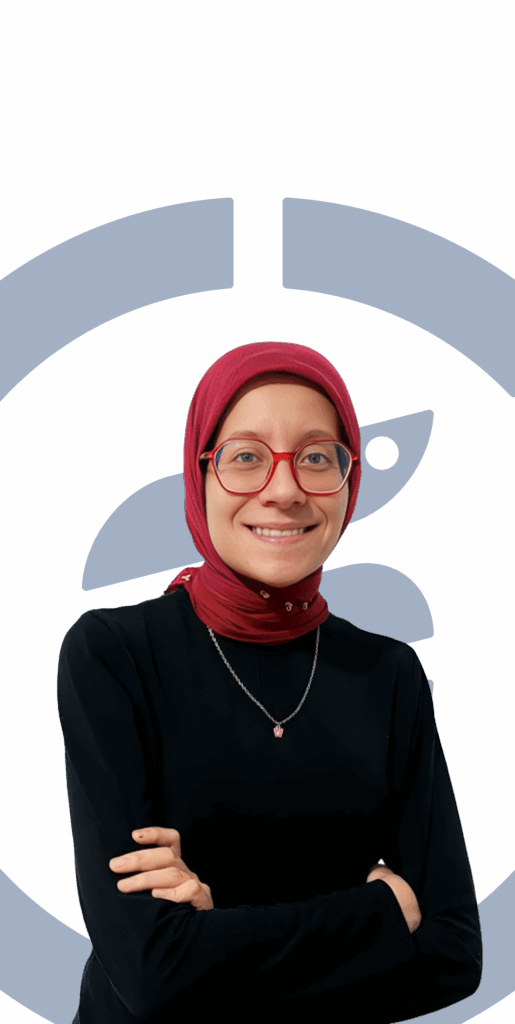
Hedi
Sellami
SCORE GA D&M

EMR GA = IFMSA General Assistant for the EMR
SCORE GA D&M = SCORE General Assistant for Database and Membership
How to Stay Updated at the International Level
Staying connected with IFMSA’s international activities and opportunities is crucial for maximizing your engagement and impact. Here are key channels, servers & platforms to keep you informed:



